2025 Annual Conference - 07/31/2025 to 08/02/2025Presenters for 2025 Annual ConferenceStephen Abbott, Administrative Law Judge, Denver Office of Administrative Courts
Topics in Workers Compensation Impacted by Recent Appellate Decisions Administrative Law Judge Abbot will review decisions from the ICAO, Court of Appeals and Supreme Court which are having an impact on the Worker’s Compensation practice. He will also review and interpret the recent rule changes from both OAC and the DOWC.
We also discuss evidentiary issues, including testimony and exhibits . We will discuss how to get exhibits into evidence that are subject to foundation not automatically admitted. We will also discuss testimony of retained and non-retained experts and when and how to object to non-dosclosed testimony. There will be a question-and-answer session on practice pointers and hypotheticals. 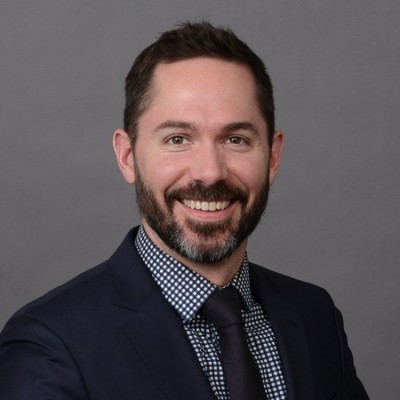 | Shannon Bird, Colorado State Representative, House District 29
Lunch & Learn - Legislative Update CDLA’s annual Legislative Lunch & Learn returns with essential updates from the 2025 legislative session—what passed, what failed, and what it means for your clients and your practice.
Presenters:
Melissa Ogburn and Adam Royval, CDLA Legislative Committee
Special Guest: State Representative Shannon Bird (House District 29)
Melissa and Adam will walk through the bills that shaped this year’s session—those that advanced and those that didn’t—and break down the impact of newly enacted laws on civil defense practice areas. Representative Bird will offer firsthand insight into the legislative process and the outlook for future reforms.
CDLA attorneys continue to set the bar by putting clients first—even when legislation may not serve our own interests. This session reinforces that commitment and ensures you’re informed and prepared.
Lunch provided. Don’t miss this critical conversation. 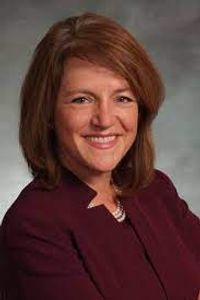 | Hollie Birkholz
CV
Bomb Squad Boot Camp, Navigating Nuclear Payouts This presentation and discussion will provide practitioners with insight into how to identify when nuclear payouts are a possibility and how to navigate and avoid such outcomes. The session will challenge traditionally held beliefs, provide actionable advice for practitioners, and aims to build communal knowledge.
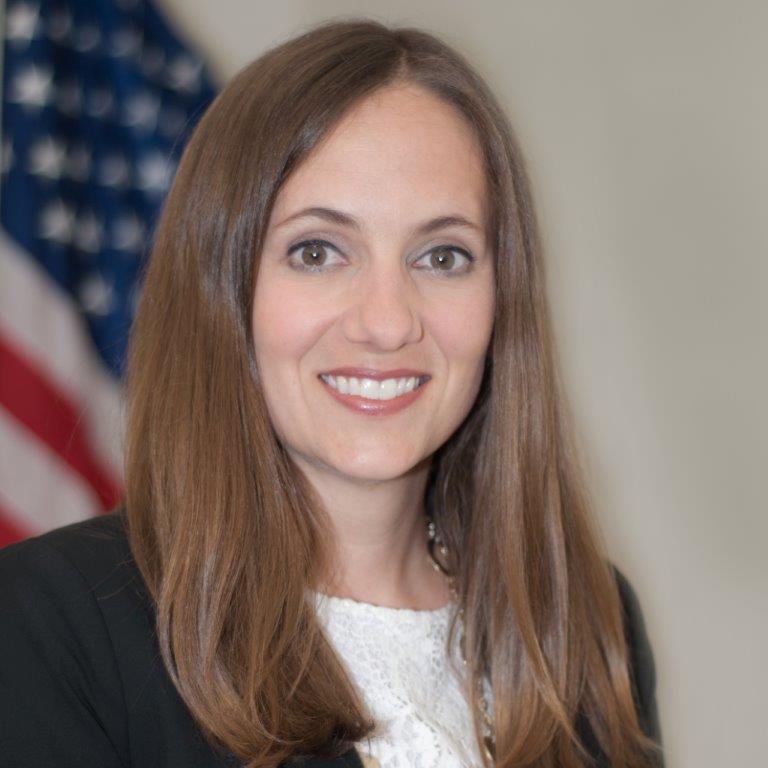 | Susan J Blanco, 8th Judicial District
Judge's Panel: A Discussion of Science in the Courtroom, Moderated by Judge Ross Buchanan (ret.)  | Jackie Booker
Sutton | Booker
Uncovering the Driver Actions That Caused a Crash :Lawyers litigating vehicular crashes often face questions related to how a driver’s actions contributed to a crash. The proliferation of event data recorders (EDRs) and dash or windshield mounted cameras has provided a clearer picture of driver actions preceding crashes.
These systems provide a window into the specific actions a driver took prior to the crash, enabling those actions to be evaluated. But the meaning of the data from these EDRs and video systems is not always obvious on the surface. The data needs to be interpreted using methods that will be admitted at the time of trial.
This presentation presents a series of real-world case studies in which event data and video were analyzed to reveal driver actions that caused a crash. Attorneys attending this presentation will leave with an understanding of the crash data available on newer vehicles and after-market dash cams and how this data can be used to evaluate a driver’s role in causing a crash. 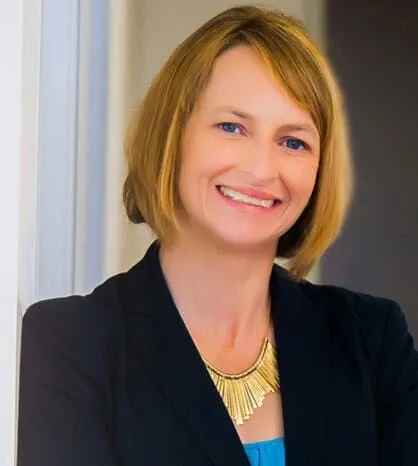 | Ross Buchanan (ret.), District Court for the Second Judicial District in Denver 2014-2023
Judge's Panel: A Discussion of Science in the Courtroom, Moderated by Judge Ross Buchanan (ret.) 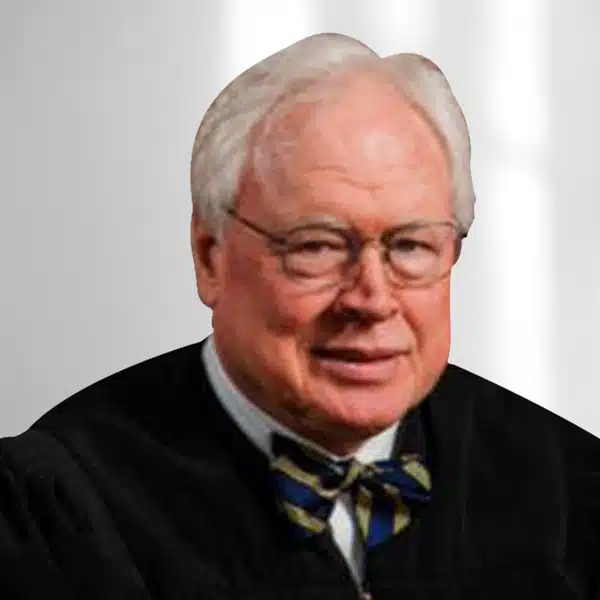 | Young Bui, Ph.D.
Exponent
Unlocking the Power of Technical Experts in Litigation Unlock the power of technical engineering experts to fortify your litigation cases with in-depth liability and causal analyses, including site investigation, evidence management, testing, analysis, report writing, and testifying. While experts provide critical insights based on scientific analysis and physical examination, their science-heavy language can be challenging. Drawing on case studies, we will share best practices and lessons learned from our experience, demonstrating how we effectively use technical experts across all phases of disputes—claims, prelitigation, fact-finding, mediation, arbitration, and trial. We will show you how to leverage their scientific expertise to bring clarity and precision to your case, ensuring complex topics are explained in understandable ways for judges, juries, and other lay audiences. .webp) | Neal Carter, MS, PE
Explico
Uncovering the Driver Actions That Caused a Crash :Lawyers litigating vehicular crashes often face questions related to how a driver’s actions contributed to a crash. The proliferation of event data recorders (EDRs) and dash or windshield mounted cameras has provided a clearer picture of driver actions preceding crashes.
These systems provide a window into the specific actions a driver took prior to the crash, enabling those actions to be evaluated. But the meaning of the data from these EDRs and video systems is not always obvious on the surface. The data needs to be interpreted using methods that will be admitted at the time of trial.
This presentation presents a series of real-world case studies in which event data and video were analyzed to reveal driver actions that caused a crash. Attorneys attending this presentation will leave with an understanding of the crash data available on newer vehicles and after-market dash cams and how this data can be used to evaluate a driver’s role in causing a crash. 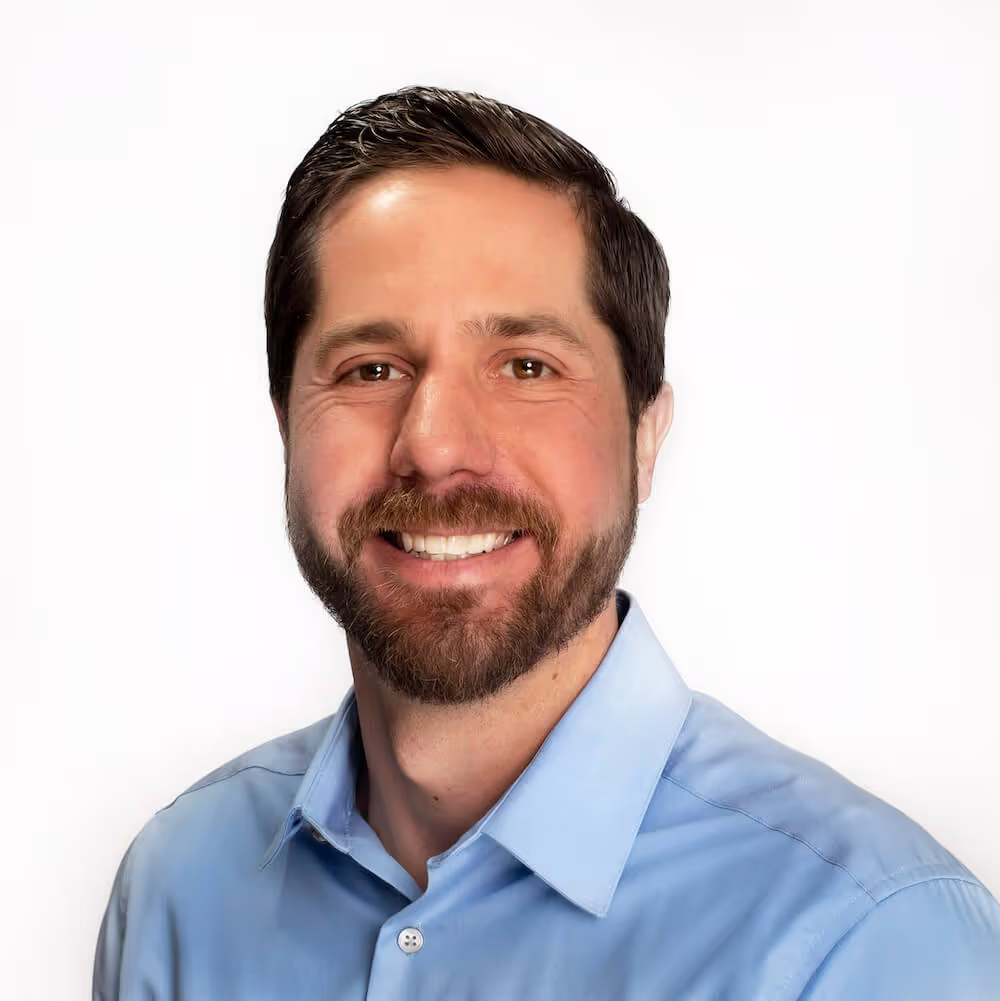 | Doug Cash, MBA, CFE, CFI, CFCI, CECFE
Eide Bailly
CV
The "10 Tell-Tale Signs of Deception" In the “10 Tell-Tale Signs of Deception” presentation, our Certified Forensic Interviewers from Eide Bailly LLP will discuss how to identify these 10 signs of deception and what they mean. During the presentation, we will discuss how these “hot spots” will allow the interviewer to peel away the information to get to the root cause of the deception signals in order to gain as much information as possible from the individual being interviewed. If an interviewer is unable to get detailed information from the interviewee, there is no account/story to either confirm or dismantle.
During this presentation, information on how people communicate, the seven common human emotions, and how an individual stores memories may affect how they are able to retrieve information during an interview will also be discussed.
With so much vital information being conveyed from one person to another in many different environments, it is imperative legal and business professionals recognize when a person’s answers might be deceptive and when a professional interviewer might be needed to assist in obtaining further information from the interviewee. 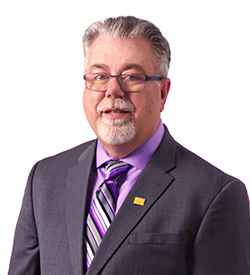 | Skyler Davis, Ph.D.
Exponent
Unlocking the Power of Technical Experts in Litigation Unlock the power of technical engineering experts to fortify your litigation cases with in-depth liability and causal analyses, including site investigation, evidence management, testing, analysis, report writing, and testifying. While experts provide critical insights based on scientific analysis and physical examination, their science-heavy language can be challenging. Drawing on case studies, we will share best practices and lessons learned from our experience, demonstrating how we effectively use technical experts across all phases of disputes—claims, prelitigation, fact-finding, mediation, arbitration, and trial. We will show you how to leverage their scientific expertise to bring clarity and precision to your case, ensuring complex topics are explained in understandable ways for judges, juries, and other lay audiences. 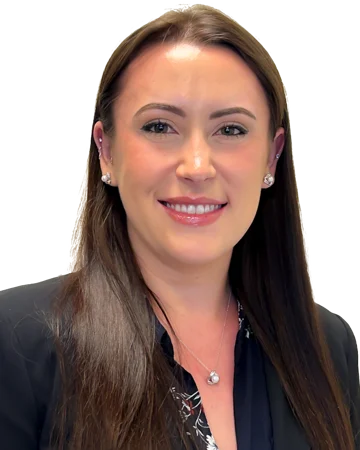 | Hayden DePorter
HKM Employment Attorneys
Gender and Pronouns in the Legal Practice This program is designed to promote education and understanding of pronoun usage and gender identity both personally and in the context of the legal profession. The program will cover a variety of issues including, but not limited to, understanding different gender identities, pronoun usage, gender-neutral language, ethics, requirements of the Colorado Anti-Discrimination Act, responsibilities of lawyers, and practicing allyship. This session is applicable to all legal professionals to foster inclusivity, understanding, and acceptance in the workplace and the greater legal community. 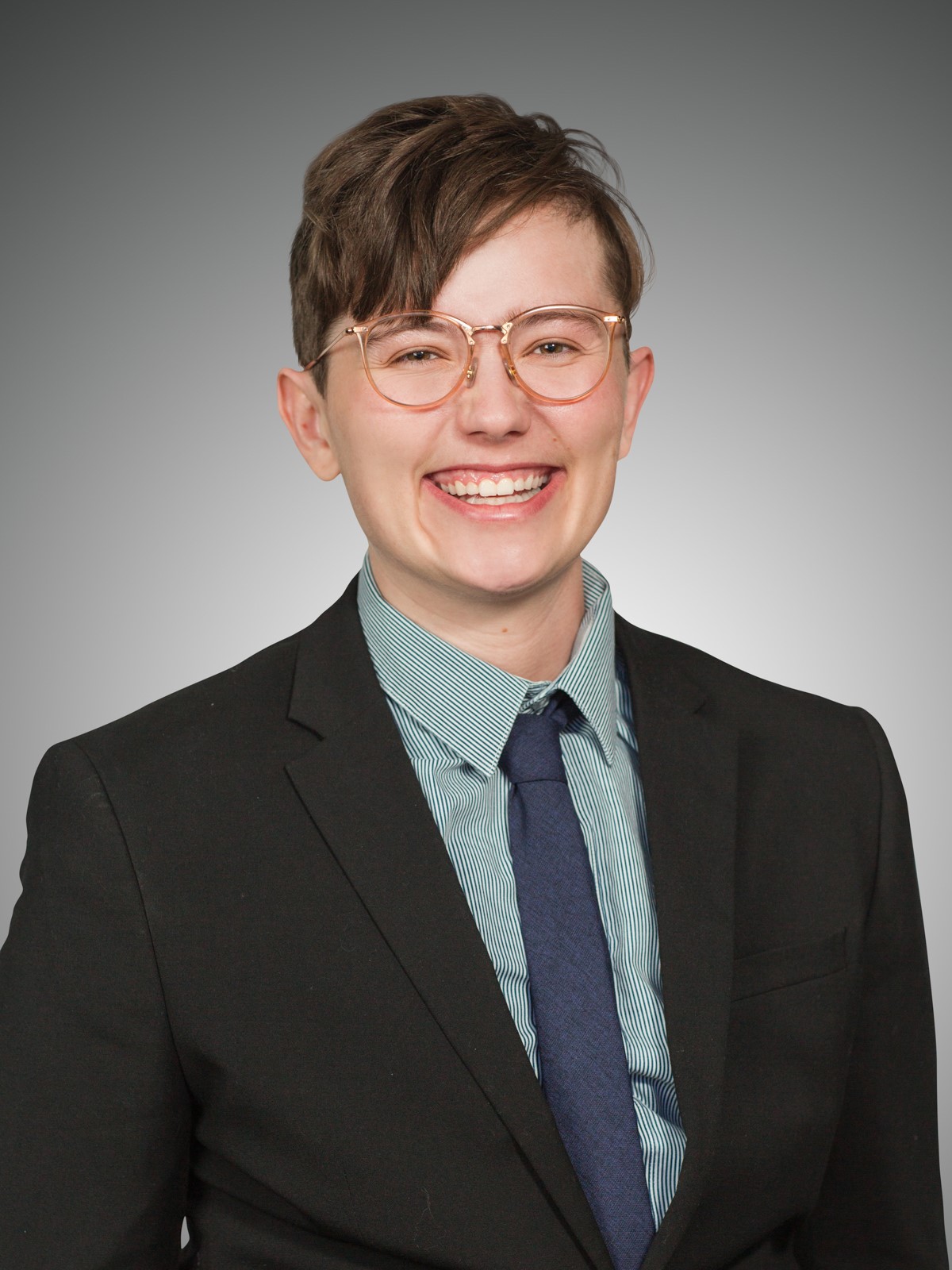 | Lindsay Dunn
Thompson Coe
Deposition Skills – Part 1 - Taking Depositions By attending a deposition skills training, a new lawyer would learn how to effectively take depositions, including a brief overview of depositions including when, why, who, how, and where; key aspects of taking a deposition; preparing for a deposition, deposition goals, and deposition outlines; and deposition style. Deposition Skills- Pt 2- Taking and/or Defending Expert, Rule 30(b)(6), & Trial Preservation Depositions By attending a deposition skills training, a new lawyer would learn how to effectively use questioning technique and understand taking and defending trial preservation depositions, Rule 30(b)(6) depositions, and expert depositions. 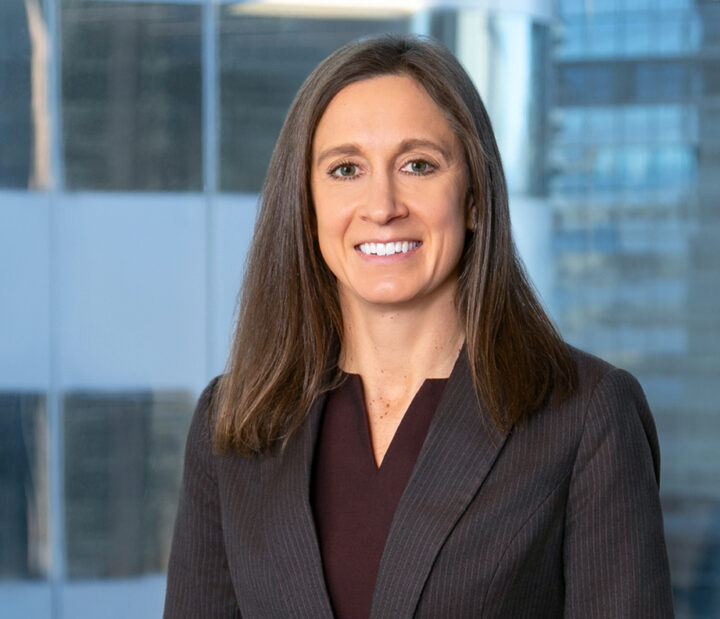 | Joe Espinosa
Law Offices of Collin T. Welch
Topics in Workers Compensation Impacted by Recent Appellate Decisions Administrative Law Judge Abbot will review decisions from the ICAO, Court of Appeals and Supreme Court which are having an impact on the Worker’s Compensation practice. He will also review and interpret the recent rule changes from both OAC and the DOWC.
We also discuss evidentiary issues, including testimony and exhibits . We will discuss how to get exhibits into evidence that are subject to foundation not automatically admitted. We will also discuss testimony of retained and non-retained experts and when and how to object to non-dosclosed testimony. There will be a question-and-answer session on practice pointers and hypotheticals. 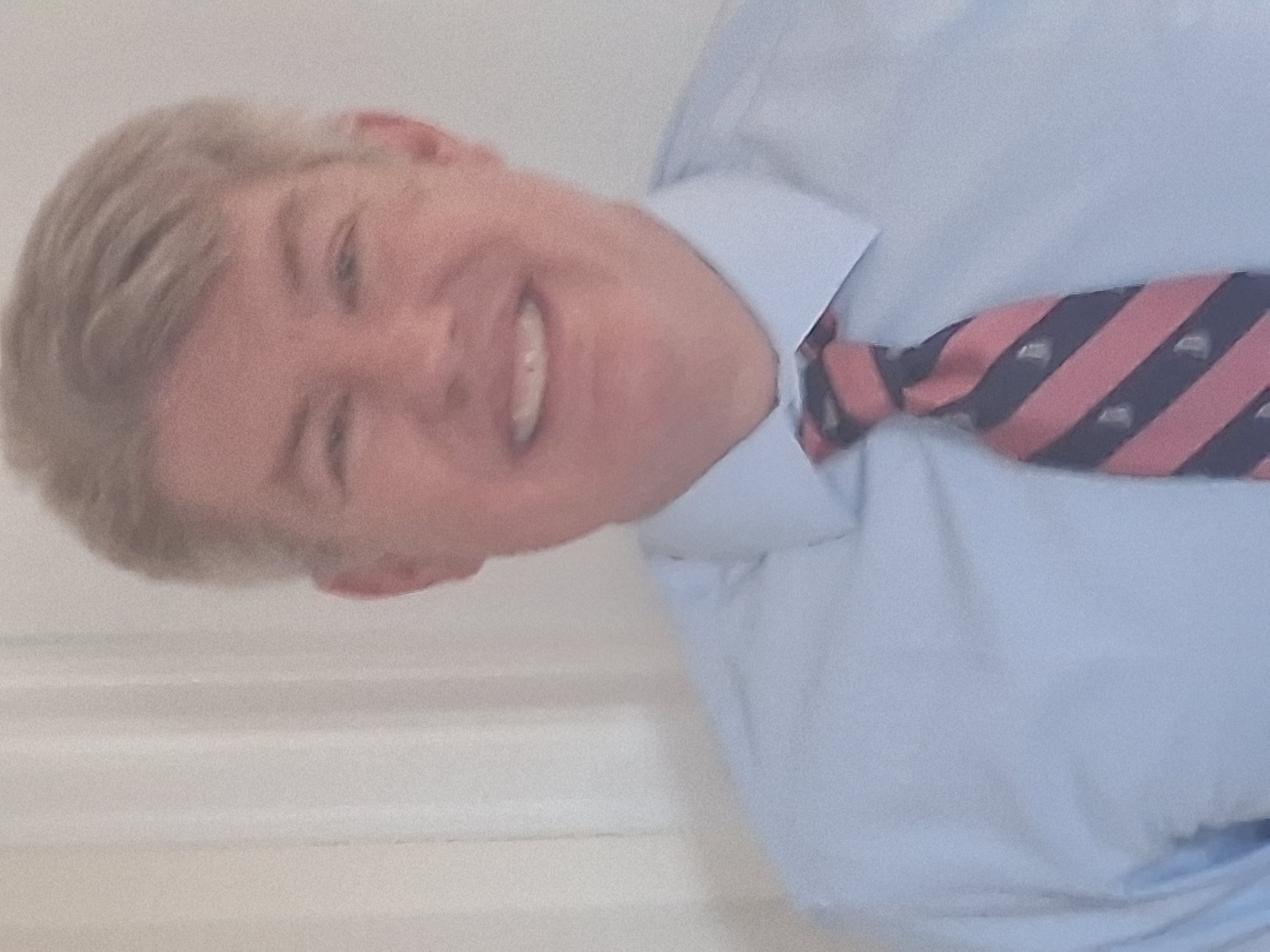 | Emma Feeney
Warren Law Group
Complex Causation Issues in Medical Malpractice Cases This session will be providing an intro to issues of legal and medical causation, and expanding into advanced issues such as “loss of chance” theories, aggravation of pre-existing conditions, and apportionment of damages when the patient has multiple injuries and comorbidities. 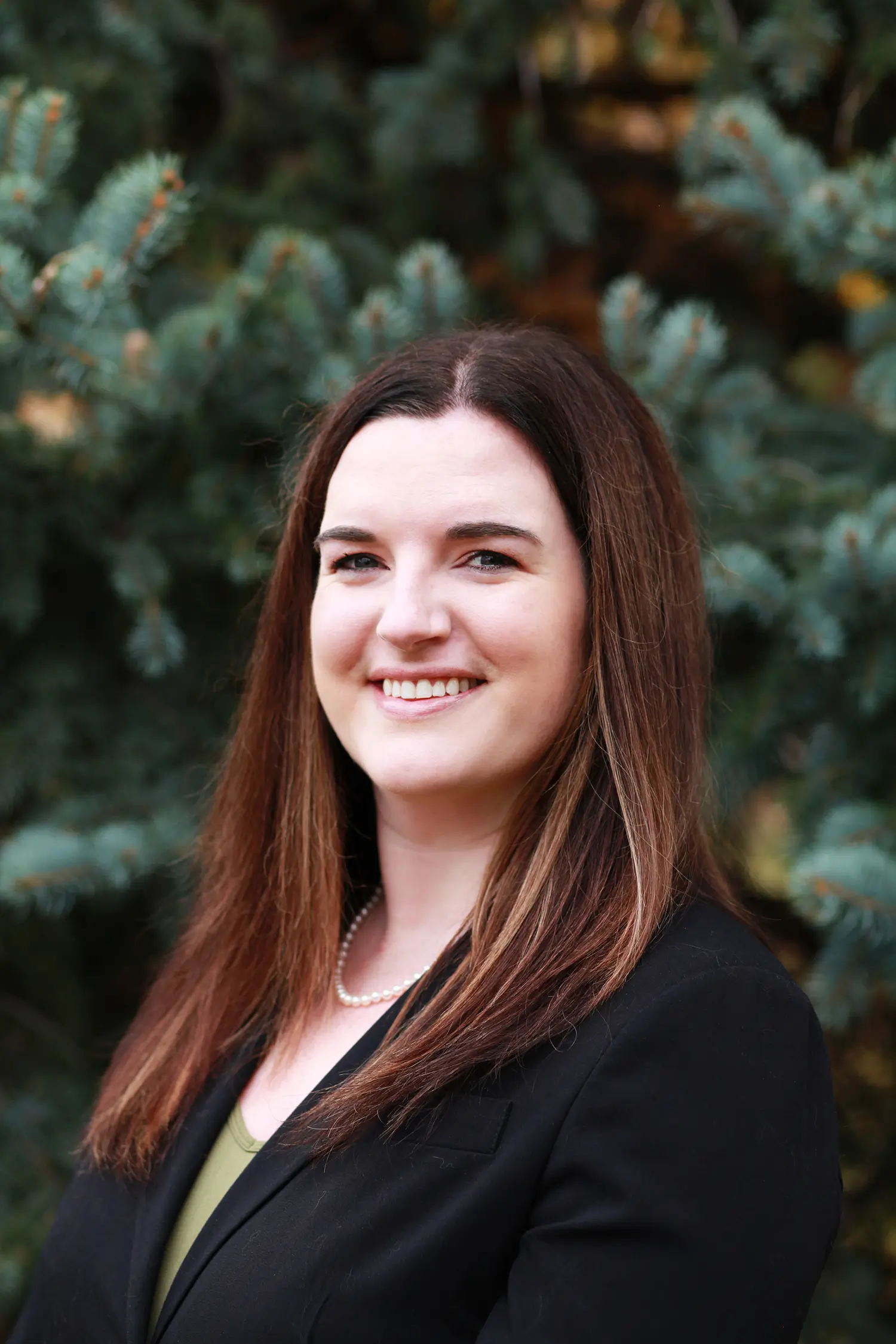 | Jen Friedberg
AMERICAN FAMILY INSURANCE
Finessing Voir Dire: How being Inclusive and Alert for Common Plaintiff Tactics Can Stack the Deck in Your Favor. Jury selection is an art and a science. Recent world events have stirred up strong feelings and potential jurors are not immune. A practitioner and a jury consultant will walk through ways to get the jury on your side by making everyone on the panel feel welcome and heard and arm you to combat bad facts, the Reptile Theory, and Anchoring strategies.
This presentation will also explore the ways that bias can affect attorneys and jurors during the voir dire process. We will discuss using a jury consultant or second chair as a “bias buddy” to highlight issues as they arise in jury selection in real time. We’ll also discuss how to get in front of issues that may provoke strong responses in jurors and how to approach those discussions in an inclusive manner.
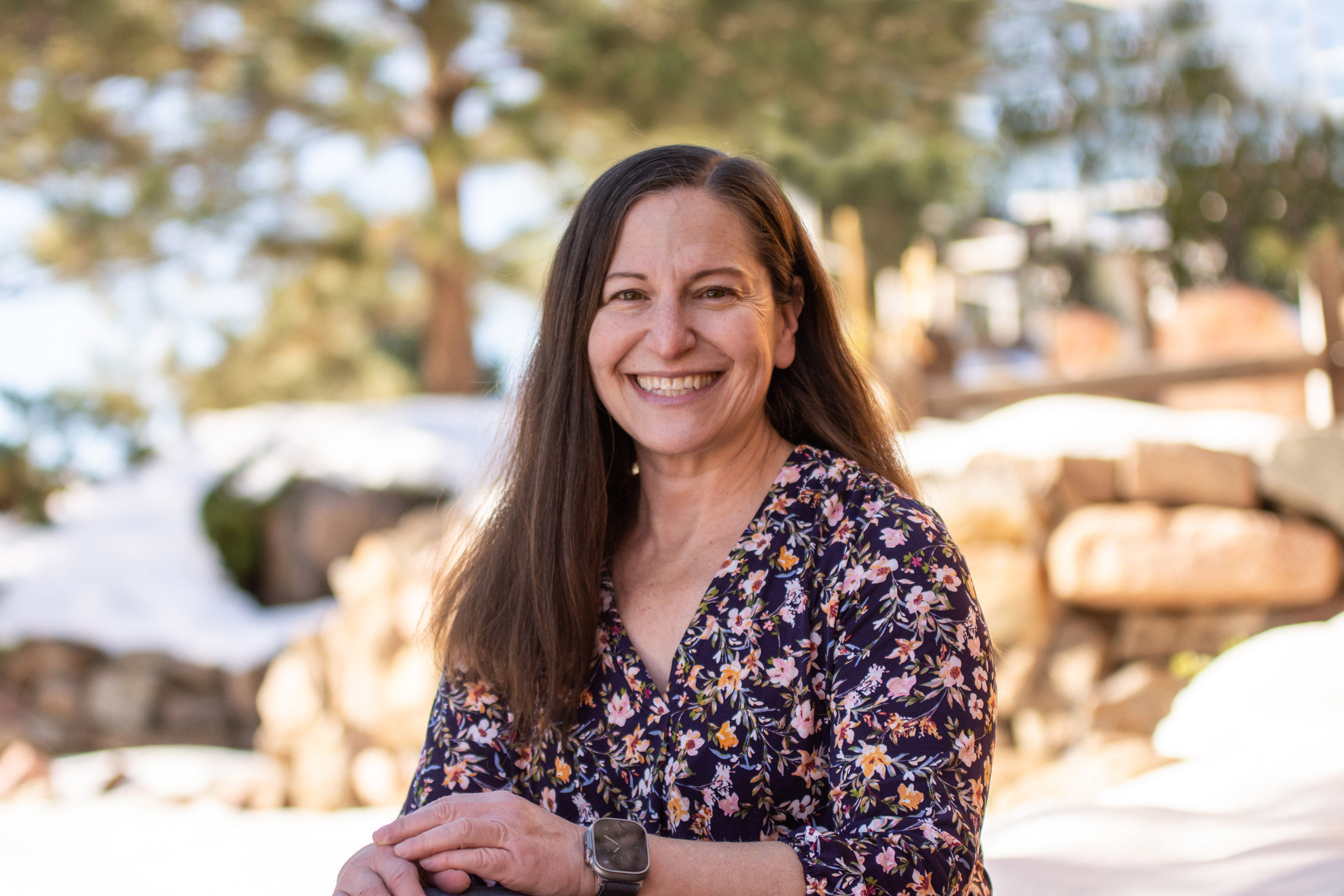 | Sarah Grossman, LEED AP
Exponent
Unlocking the Power of Technical Experts in Litigation Unlock the power of technical engineering experts to fortify your litigation cases with in-depth liability and causal analyses, including site investigation, evidence management, testing, analysis, report writing, and testifying. While experts provide critical insights based on scientific analysis and physical examination, their science-heavy language can be challenging. Drawing on case studies, we will share best practices and lessons learned from our experience, demonstrating how we effectively use technical experts across all phases of disputes—claims, prelitigation, fact-finding, mediation, arbitration, and trial. We will show you how to leverage their scientific expertise to bring clarity and precision to your case, ensuring complex topics are explained in understandable ways for judges, juries, and other lay audiences. 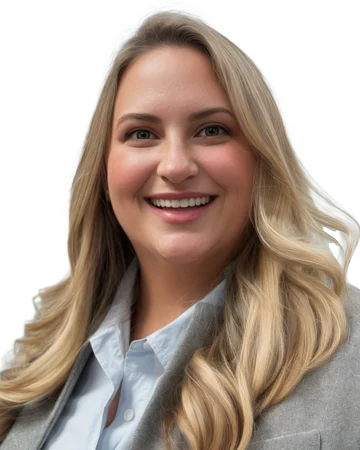 | Billy-George Hertzke
14th Judicial District
Judge's Panel: A Discussion of Science in the Courtroom, Moderated by Judge Ross Buchanan (ret.)  | Kellie Janke, M.A.
Magna Legal Services
Finessing Voir Dire: How being Inclusive and Alert for Common Plaintiff Tactics Can Stack the Deck in Your Favor. Jury selection is an art and a science. Recent world events have stirred up strong feelings and potential jurors are not immune. A practitioner and a jury consultant will walk through ways to get the jury on your side by making everyone on the panel feel welcome and heard and arm you to combat bad facts, the Reptile Theory, and Anchoring strategies.
This presentation will also explore the ways that bias can affect attorneys and jurors during the voir dire process. We will discuss using a jury consultant or second chair as a “bias buddy” to highlight issues as they arise in jury selection in real time. We’ll also discuss how to get in front of issues that may provoke strong responses in jurors and how to approach those discussions in an inclusive manner.
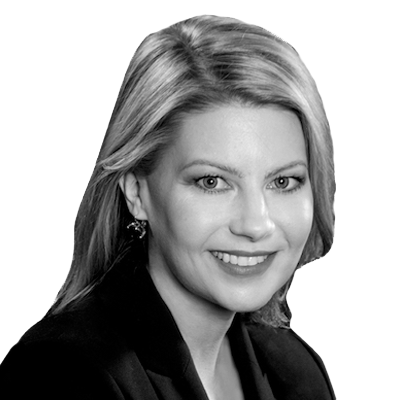 | Lindsay Jordan
Town of Parker
Bomb Squad Boot Camp, Navigating Nuclear Payouts This presentation and discussion will provide practitioners with insight into how to identify when nuclear payouts are a possibility and how to navigate and avoid such outcomes. The session will challenge traditionally held beliefs, provide actionable advice for practitioners, and aims to build communal knowledge.
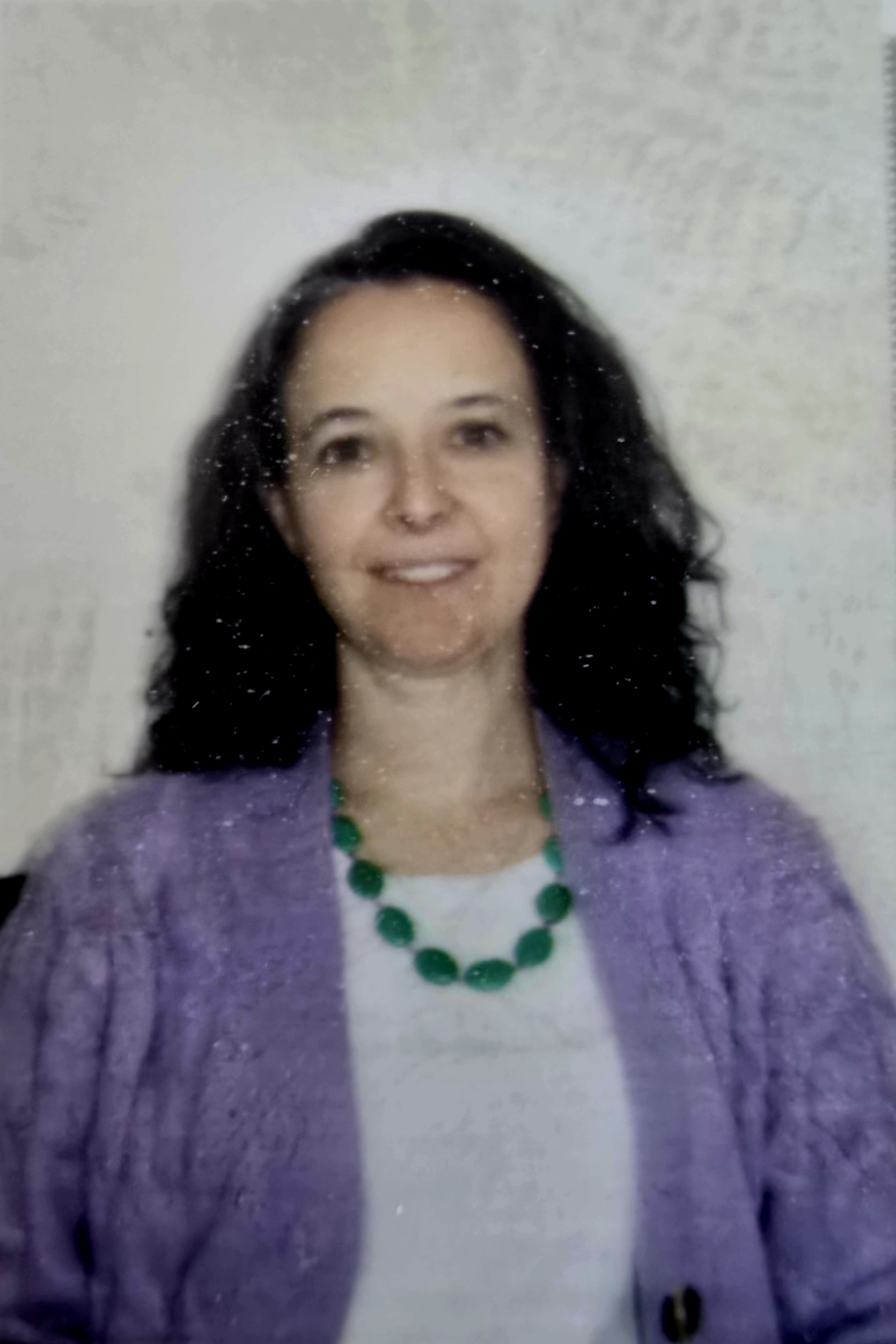 | Katherine Kelley Otto
Recht Kornfeld
CV
Look What You Made Me Do: Taylor Swift Legal Lore Take a journey through Taylor Swift's various legal battles and learn what strategies she has used that might be useful in a civil defense practice. We will discuss her successful counterclaim of $1 against a Colorado DJ who sued her for defamation; her penchant for cease-and-desist letters; her creative pushback against being bullied into signing a new contract with Big Machine Records; and her proactive enforcement of her trademarks and brand. Our presentation will be focused on legal concepts, but friendship bracelets and selected excerpts from Taylor herself will be a part of this presentation! 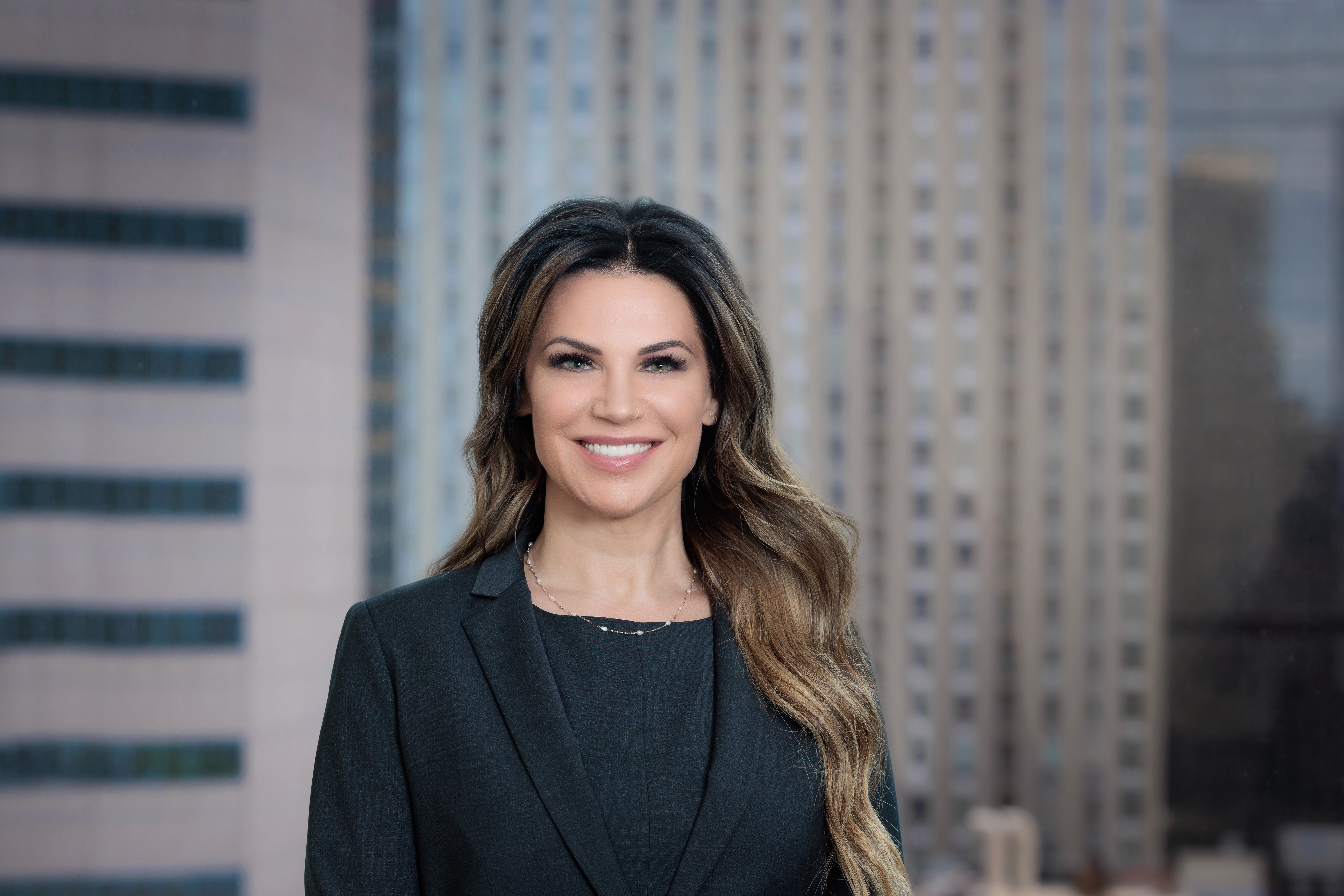 | Ian J. Kellogg
2nd Judicial District
Judge's Panel: A Discussion of Science in the Courtroom, Moderated by Judge Ross Buchanan (ret.) 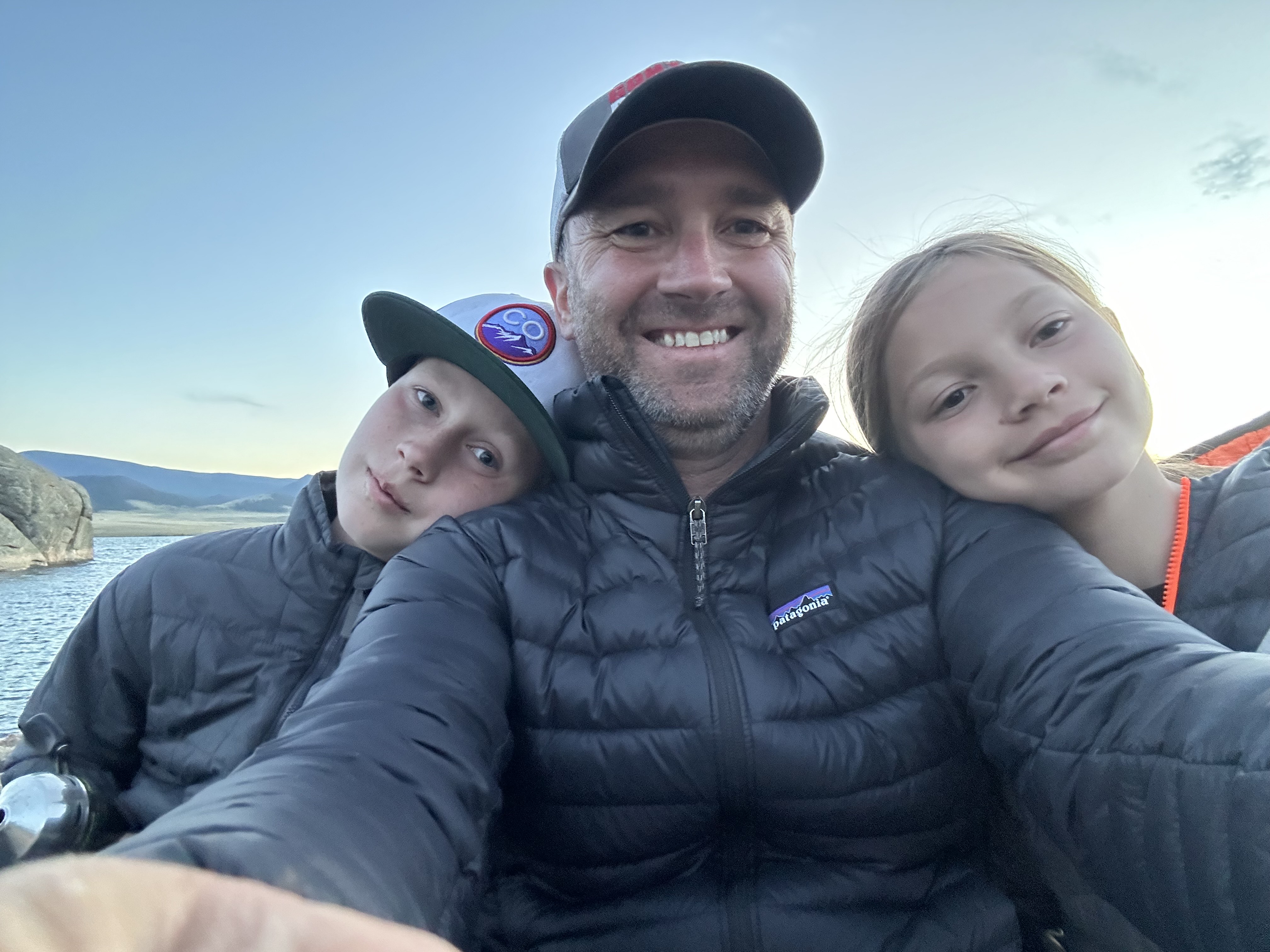 | Brian Kershaw
Quintairos, Prieto, Wood & Boyer, P.A.
CV
Bad Faith Deposition Case Study: Preparing and Defending against Common Scenarios in Adjuster Depositions An interactive session featuring a mock deposition on claims handling under the hypothetical setting of alleged 3rd party bad faith for failure to settle within limits.
Overview
• Bad Faith Deposition Preparation
• Fact Pattern
• Mock Bad Faith Deposition
o Case Study I: Non-Fact Specific “Reptile/Edge” Questions
o Case Study II: Claims Manuals, Guidelines, Procedures, Compliance, Training and Experience
o Case Study III: Incomplete Investigation
o Case Study IV: Evaluation of Liability and Damages
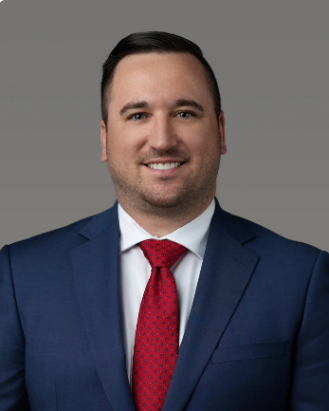 | Ashley Larson
Sutton | Booker
Claiming the Visual High Ground Stephen is one of the most prolific trial consultants in the region, giving him unmatched courtroom perspective. The principles he’ll share promise to make you more efficient with your presentation of evidence , more persuasive with your arguments, and achieve better outcomes at trial. In today’s world, there is no debate - you WILL be putting on a case to visual learners. The science, academics, and top attorneys are all in agreement that engaging your audience visually is imperative, now more than ever. We’ll discuss how to properly leverage technology in the courtroom, the power of storytelling with quality imagery, and how to go about developing and delivering the most compelling opening statements and closing arguments. You will learn to OWN the visual high ground in every courtroom you set foot in. Finessing Voir Dire: How being Inclusive and Alert for Common Plaintiff Tactics Can Stack the Deck in Your Favor. Jury selection is an art and a science. Recent world events have stirred up strong feelings and potential jurors are not immune. A practitioner and a jury consultant will walk through ways to get the jury on your side by making everyone on the panel feel welcome and heard and arm you to combat bad facts, the Reptile Theory, and Anchoring strategies.
This presentation will also explore the ways that bias can affect attorneys and jurors during the voir dire process. We will discuss using a jury consultant or second chair as a “bias buddy” to highlight issues as they arise in jury selection in real time. We’ll also discuss how to get in front of issues that may provoke strong responses in jurors and how to approach those discussions in an inclusive manner.
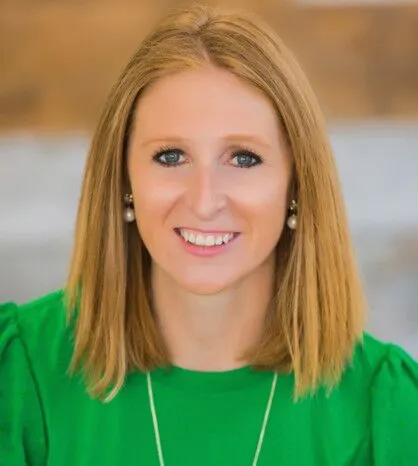 | Liz Leibsle
Hall & Evans
Immigration Compliance for Employers In a rapidly changing U.S. immigration enforcement landscape, it is more important than ever for employers and their attorneys to understand immigration compliance requirements. This session will cover current trends in immigration compliance and enforcement for employers and tips to help you or your clients prepare for I-9 audits and other immigration-related actions in the workplace.
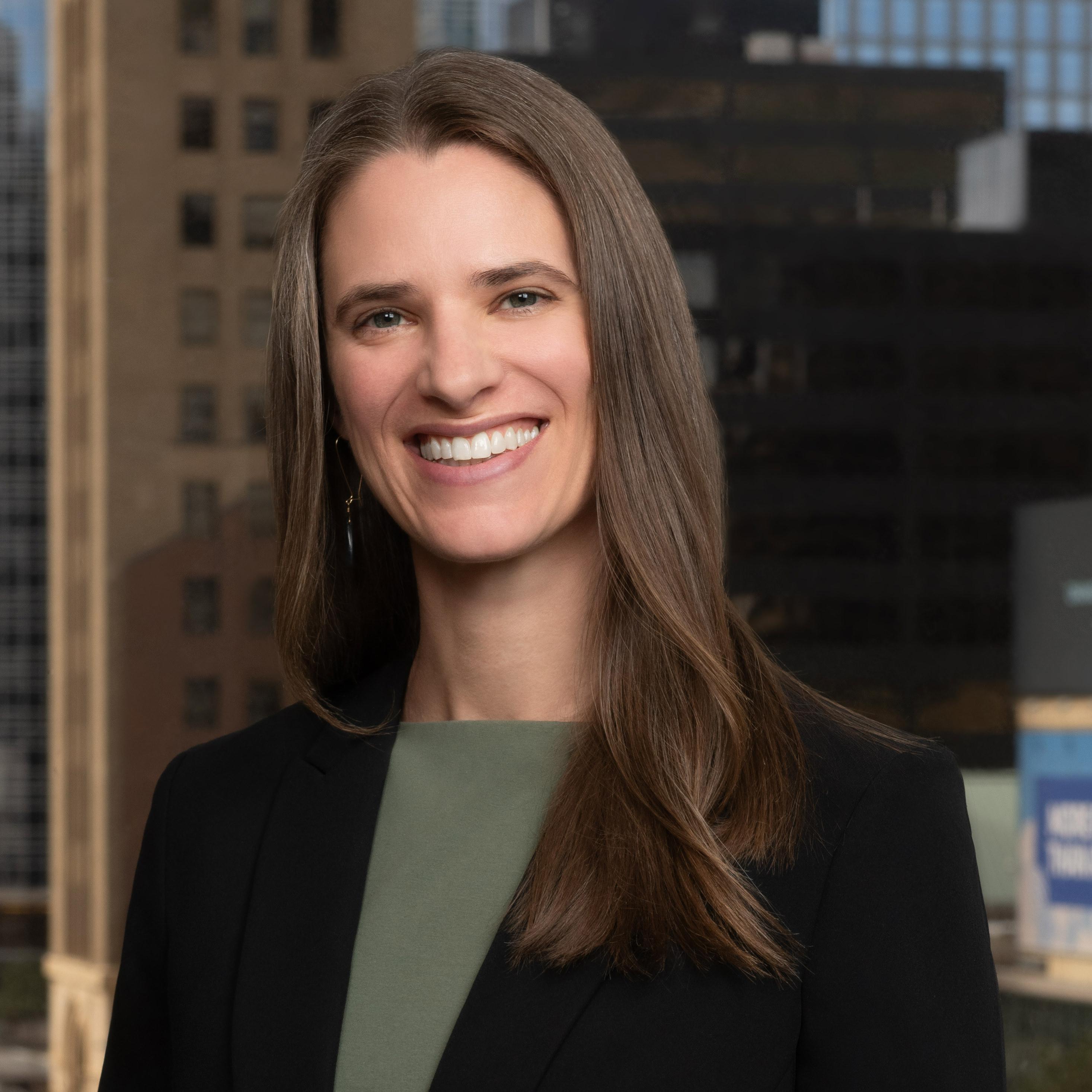 | Emilie Lorden
Recht Kornfeld
CV
Look What You Made Me Do: Taylor Swift Legal Lore Take a journey through Taylor Swift's various legal battles and learn what strategies she has used that might be useful in a civil defense practice. We will discuss her successful counterclaim of $1 against a Colorado DJ who sued her for defamation; her penchant for cease-and-desist letters; her creative pushback against being bullied into signing a new contract with Big Machine Records; and her proactive enforcement of her trademarks and brand. Our presentation will be focused on legal concepts, but friendship bracelets and selected excerpts from Taylor herself will be a part of this presentation! 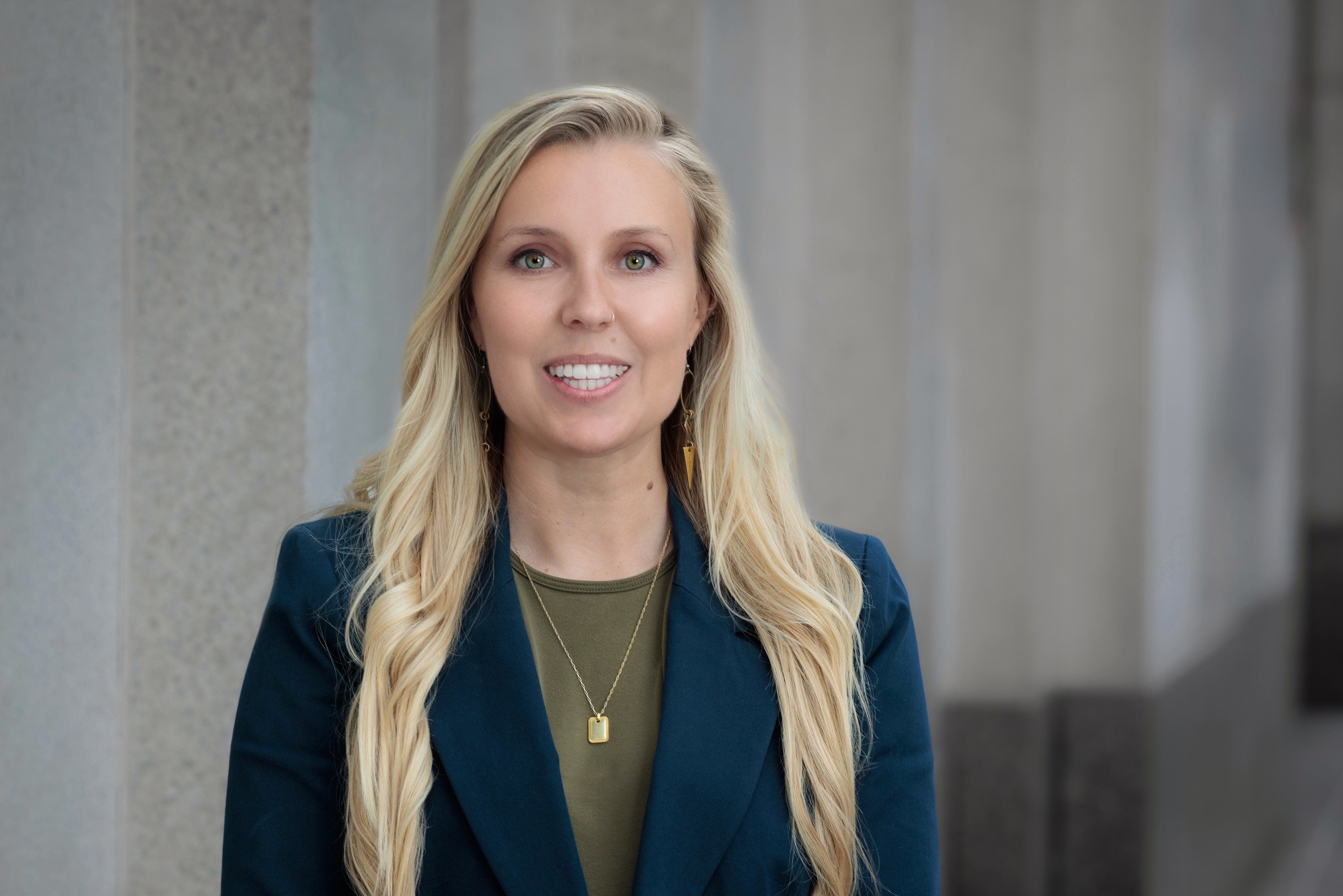 | Rodrigo Lugo
Hall Booth Smith
Complex Causation Issues in Medical Malpractice Cases This session will be providing an intro to issues of legal and medical causation, and expanding into advanced issues such as “loss of chance” theories, aggravation of pre-existing conditions, and apportionment of damages when the patient has multiple injuries and comorbidities. 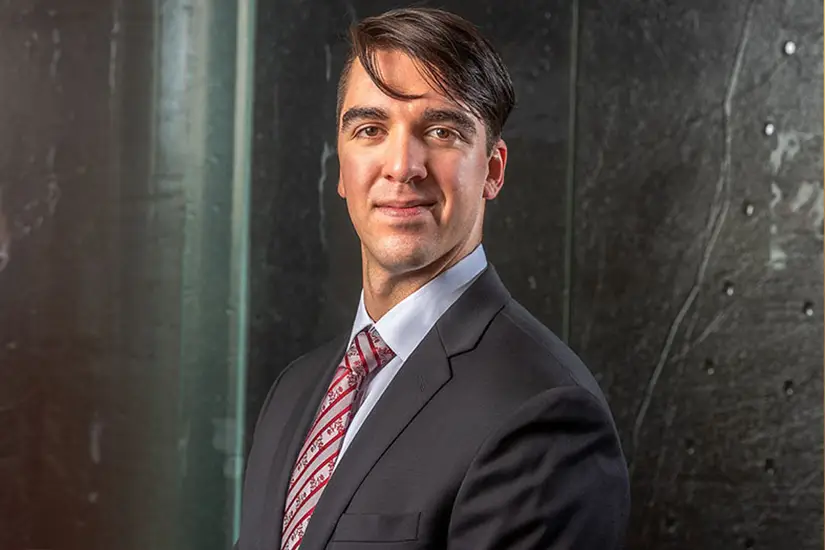 | Nathan Martinez
Elite Trial Consultants
Claiming the Visual High Ground Stephen is one of the most prolific trial consultants in the region, giving him unmatched courtroom perspective. The principles he’ll share promise to make you more efficient with your presentation of evidence , more persuasive with your arguments, and achieve better outcomes at trial. In today’s world, there is no debate - you WILL be putting on a case to visual learners. The science, academics, and top attorneys are all in agreement that engaging your audience visually is imperative, now more than ever. We’ll discuss how to properly leverage technology in the courtroom, the power of storytelling with quality imagery, and how to go about developing and delivering the most compelling opening statements and closing arguments. You will learn to OWN the visual high ground in every courtroom you set foot in. 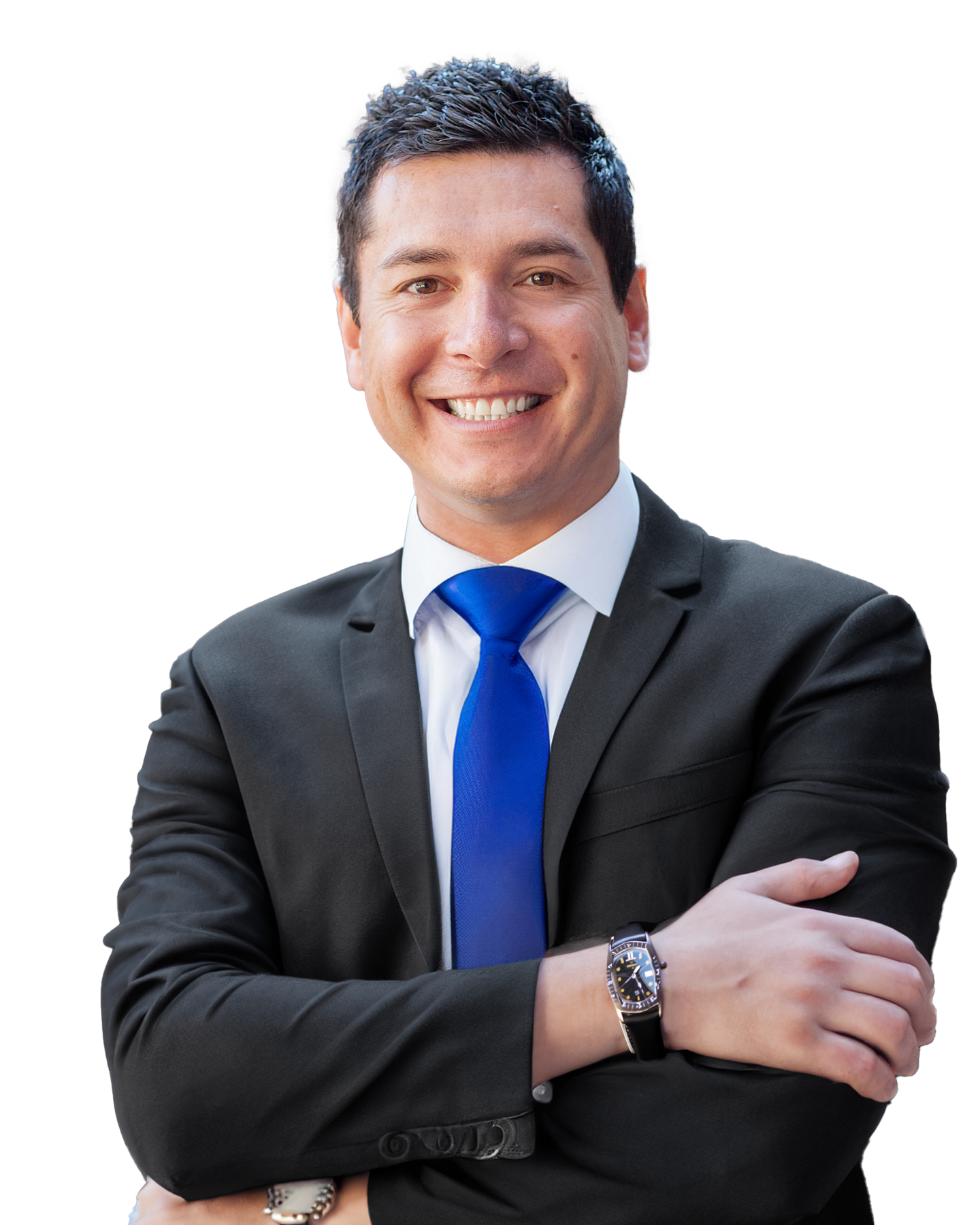 | Justin Miller
Caplan & Earnest
Tips, Tricks, and Pitfalls for Cases Involving the Colorado Governmental Immunity Act (CGIA) The Colorado Governmental Immunity Act (CGIA) generally protects the state and its political subdivisions from lawsuits, but outlines specific exceptions where immunity is waived, allowing claims against public entities under certain conditions. It's designed to balance the need for governmental services with the rights of individuals injured by government actions. Key aspects include:
1. General Immunity: The CGIA establishes sovereign immunity, meaning public entities are generally immune from tort claims, unless explicitly waived by the Act.
2. Exceptions to Immunity: The CGIA lists specific situations where immunity is waived, allowing lawsuits against public entities. These include:
Dangerous condition of public property:
.
This allows claims for injuries caused by hazards on public buildings, roads, highways, and other public facilities.
Operation of public transportation:
.
Claims arising from the operation of motor vehicles owned or leased by a governmental entity are permitted.
Public hospitals, correctional facilities, and jails:
.
Injuries occurring within these facilities may be actionable.
Other specific waivers:
.
The CGIA also outlines other limited exceptions, such as claims related to the operation of public water and sanitation facilities.
3. Notice Requirements: A crucial aspect of the CGIA is the requirement to file a written notice of claim within 182 days of the incident, with specific details about the incident and the public entity involved.
4. Liability Limits: Even when immunity is waived, the CGIA places caps on the amount of damages that can be recovered. These limits are adjusted periodically for inflation.
5. Protection for Public Employees: The CGIA also aims to protect public employees from undue liability, ensuring they can perform their duties without fear of excessive personal lawsuits.
6. Importance of Legal Counsel: Due to the complexities of the CGIA, individuals pursuing claims against public entities should seek legal counsel from an attorney experienced in governmental immunity law. 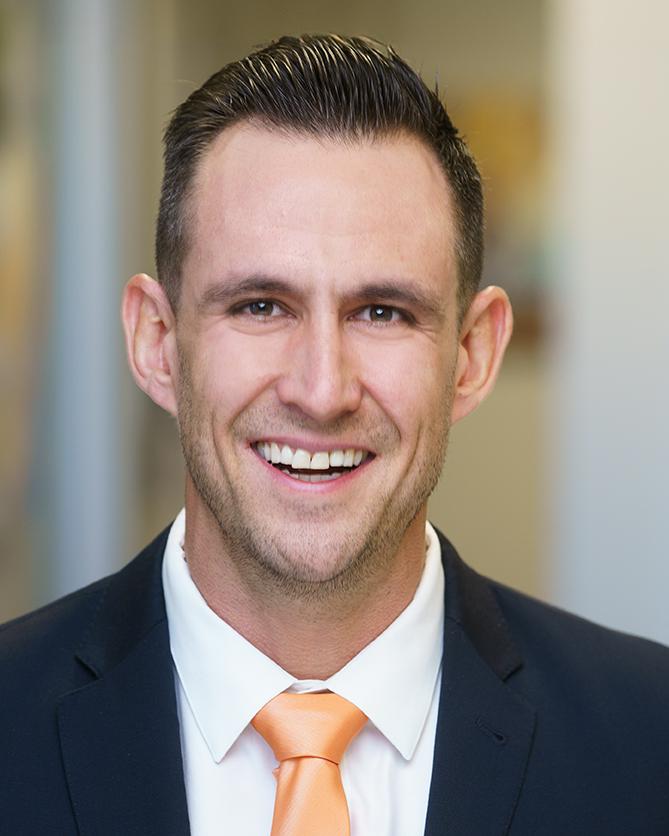 | Stephanie Montague
Hall & Evans
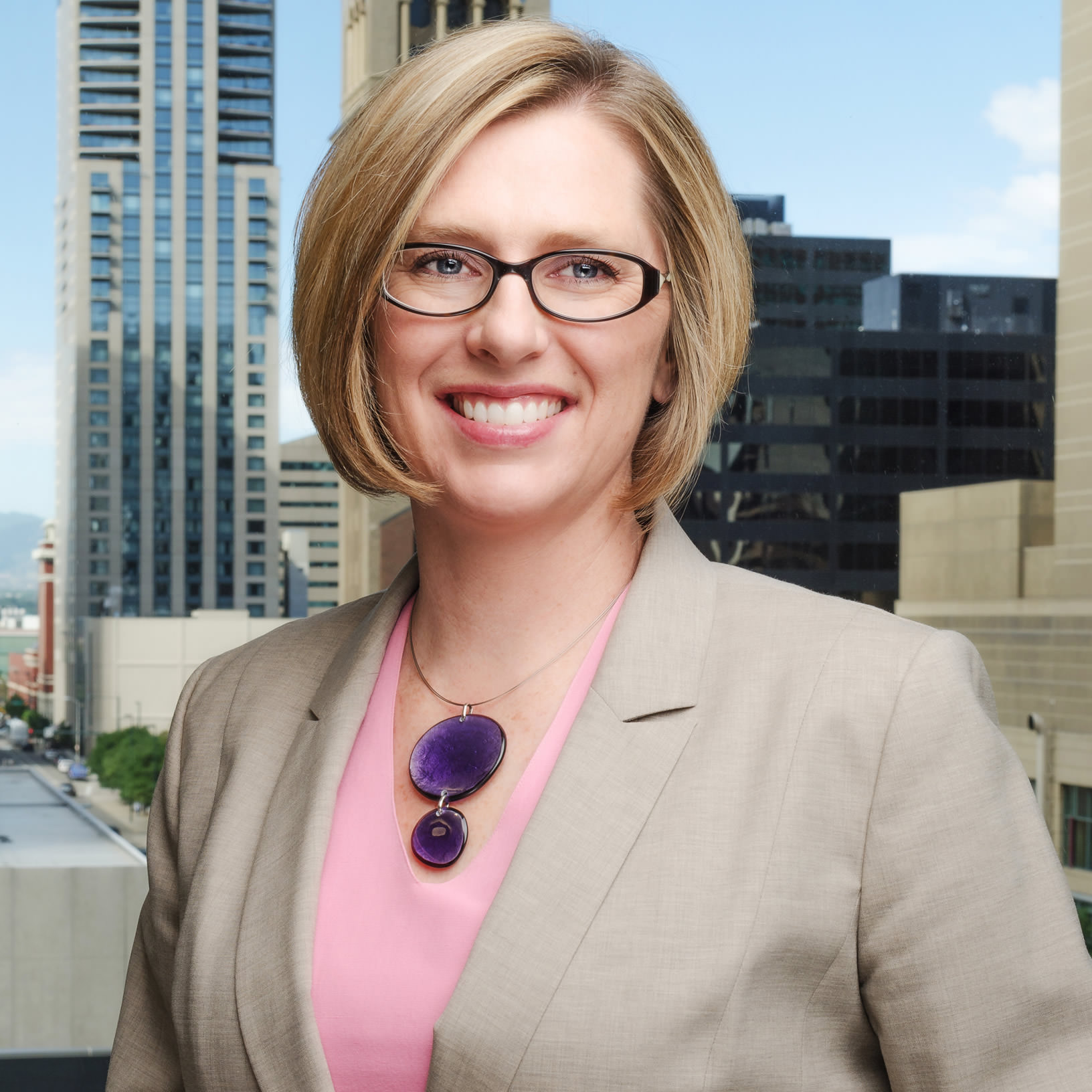 | Melissa A. Ogburn
Montgomery | Amatuzio
Lunch & Learn - Legislative Update CDLA’s annual Legislative Lunch & Learn returns with essential updates from the 2025 legislative session—what passed, what failed, and what it means for your clients and your practice.
Presenters:
Melissa Ogburn and Adam Royval, CDLA Legislative Committee
Special Guest: State Representative Shannon Bird (House District 29)
Melissa and Adam will walk through the bills that shaped this year’s session—those that advanced and those that didn’t—and break down the impact of newly enacted laws on civil defense practice areas. Representative Bird will offer firsthand insight into the legislative process and the outlook for future reforms.
CDLA attorneys continue to set the bar by putting clients first—even when legislation may not serve our own interests. This session reinforces that commitment and ensures you’re informed and prepared.
Lunch provided. Don’t miss this critical conversation. 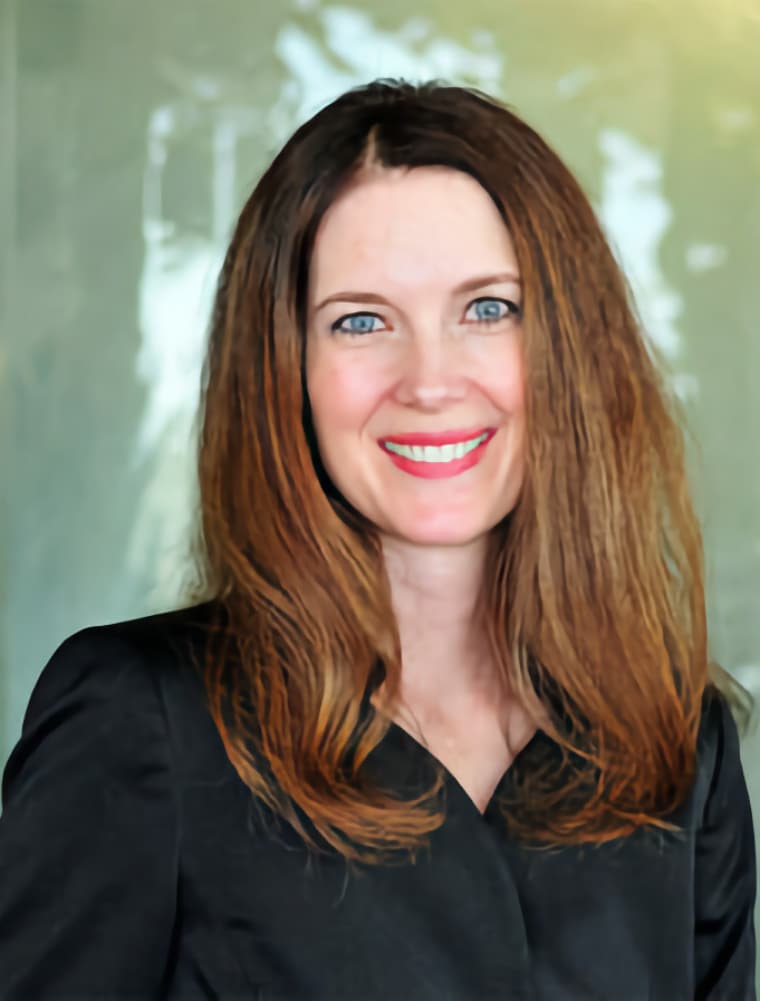 | Jon J Olafson
2nd Judicial District Court Judge
Judge's Panel: A Discussion of Science in the Courtroom, Moderated by Judge Ross Buchanan (ret.) 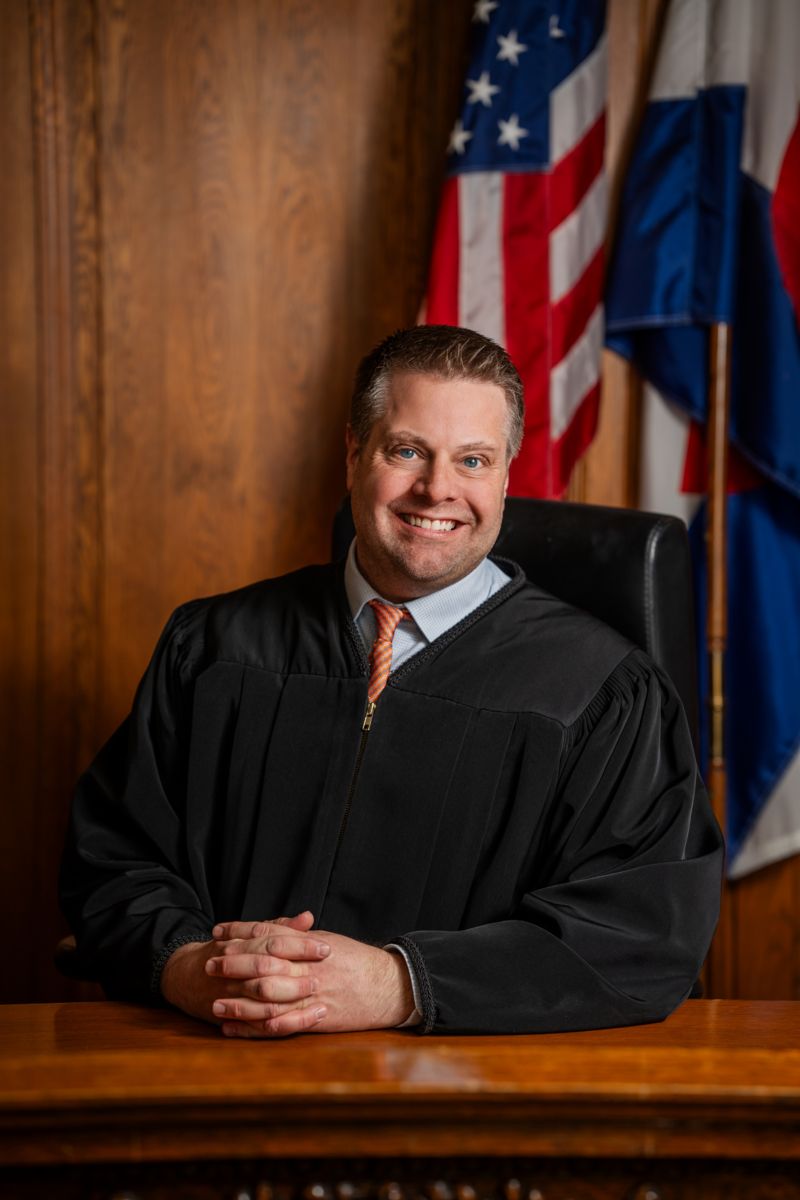 | Stephen J. Padwe
Elite Trial Consultants
Claiming the Visual High Ground Stephen is one of the most prolific trial consultants in the region, giving him unmatched courtroom perspective. The principles he’ll share promise to make you more efficient with your presentation of evidence , more persuasive with your arguments, and achieve better outcomes at trial. In today’s world, there is no debate - you WILL be putting on a case to visual learners. The science, academics, and top attorneys are all in agreement that engaging your audience visually is imperative, now more than ever. We’ll discuss how to properly leverage technology in the courtroom, the power of storytelling with quality imagery, and how to go about developing and delivering the most compelling opening statements and closing arguments. You will learn to OWN the visual high ground in every courtroom you set foot in. 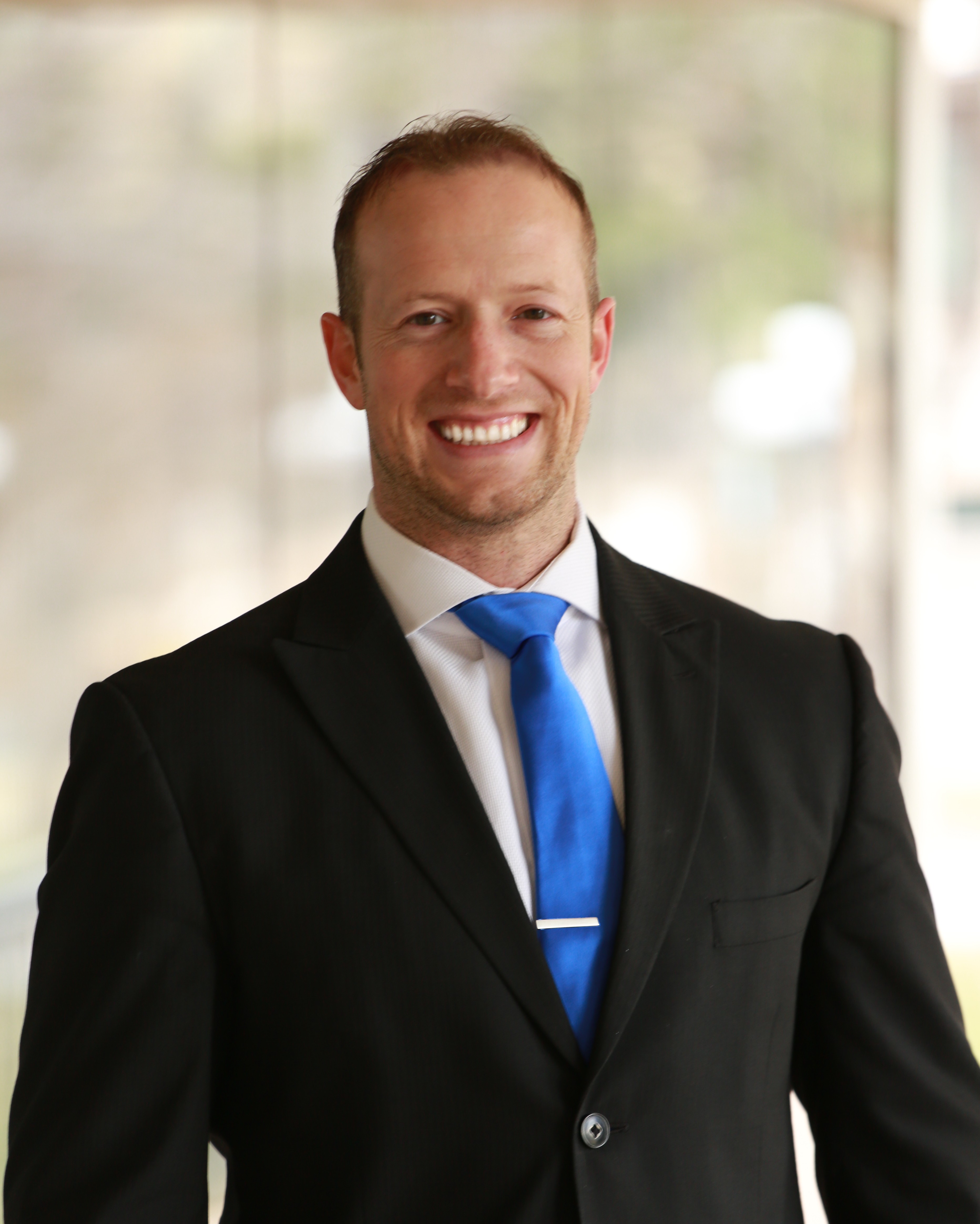 | Ryan Phillips, PE, MSCE, CCM, CEP, PSP, EVP, LEED AP
dux Forensic Engineering
Numbers vs. Narratives: Best Practices for Cost Analysis & Legal Strategy in Construction Defect Matters This session provides a comprehensive primer on cost estimating and best practices for preparing cost-of-repair estimates in litigated construction defect cases. Attendees will gain a deeper understanding of how cost estimates are developed, the strengths and limitations of cost databases and estimating software, and techniques for analyzing subcontractor estimates. Key distinctions between soft costs and hard costs will also be covered, along with other fundamental principles of cost estimating.
In addition to technical considerations, this session will explore legal strategies for deposing cost experts, voir dire, crafting a compelling narrative for trial, and positioning for settlement. Practical scenarios and situations will be discussed to illustrate the importance of having a working knowledge of cost estimating.
dux, LLC is a specialized professional services firm providing forensic engineering, cost engineering, project advisory, claims resolution, and expert witness testimony to law firms, contractors, insurance carriers, and sureties. Our team of experienced professionals offers critical analysis and strategic guidance, helping clients navigate complex projects and disputes with precision and confidence.
Driven by our core values, we operate with integrity, demand excellence, act with urgency, remain authentic, and embrace every challenge as problem-solvers.
 | Gregg Rich
Coombe, Curry, Rich, Jarvis
Numbers vs. Narratives: Best Practices for Cost Analysis & Legal Strategy in Construction Defect Matters This session provides a comprehensive primer on cost estimating and best practices for preparing cost-of-repair estimates in litigated construction defect cases. Attendees will gain a deeper understanding of how cost estimates are developed, the strengths and limitations of cost databases and estimating software, and techniques for analyzing subcontractor estimates. Key distinctions between soft costs and hard costs will also be covered, along with other fundamental principles of cost estimating.
In addition to technical considerations, this session will explore legal strategies for deposing cost experts, voir dire, crafting a compelling narrative for trial, and positioning for settlement. Practical scenarios and situations will be discussed to illustrate the importance of having a working knowledge of cost estimating.
dux, LLC is a specialized professional services firm providing forensic engineering, cost engineering, project advisory, claims resolution, and expert witness testimony to law firms, contractors, insurance carriers, and sureties. Our team of experienced professionals offers critical analysis and strategic guidance, helping clients navigate complex projects and disputes with precision and confidence.
Driven by our core values, we operate with integrity, demand excellence, act with urgency, remain authentic, and embrace every challenge as problem-solvers.
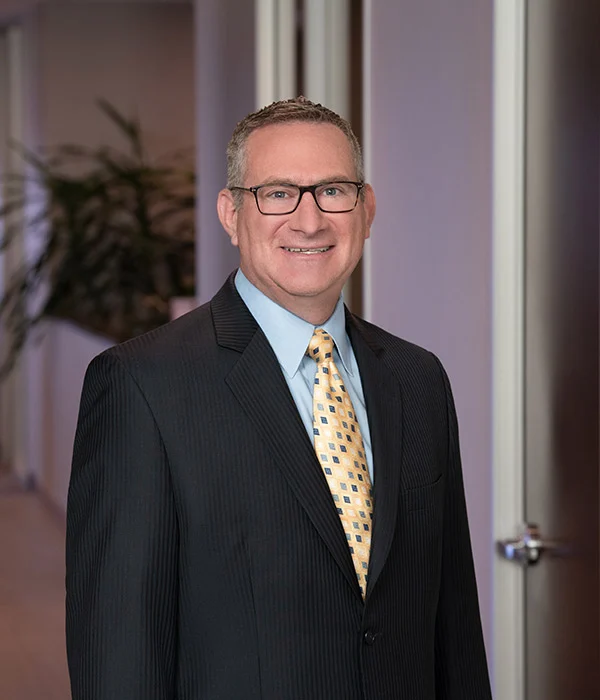 | Nathan R Rose
Elite Trial Consultants
| Adam M. Royval
Messner Reeves
Lunch & Learn - Legislative Update CDLA’s annual Legislative Lunch & Learn returns with essential updates from the 2025 legislative session—what passed, what failed, and what it means for your clients and your practice.
Presenters:
Melissa Ogburn and Adam Royval, CDLA Legislative Committee
Special Guest: State Representative Shannon Bird (House District 29)
Melissa and Adam will walk through the bills that shaped this year’s session—those that advanced and those that didn’t—and break down the impact of newly enacted laws on civil defense practice areas. Representative Bird will offer firsthand insight into the legislative process and the outlook for future reforms.
CDLA attorneys continue to set the bar by putting clients first—even when legislation may not serve our own interests. This session reinforces that commitment and ensures you’re informed and prepared.
Lunch provided. Don’t miss this critical conversation. 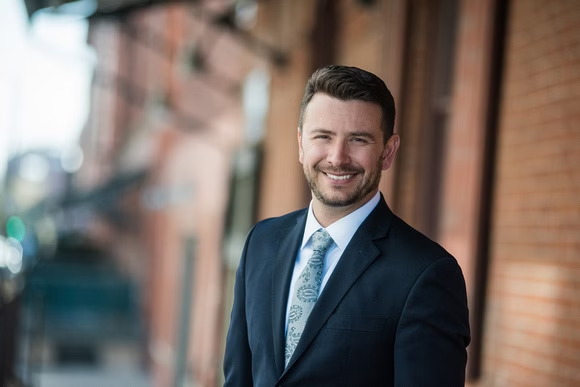 | Jeff C. Ruebel
Ruebel & Quillen
Lunch and Learn - Case Law Update - Jeff Ruebel Longtime CDLA member and Amicus Committee Board member Jeffrey Ruebel returns to the stage to deliver his annual roundup of recent case law and legislative developments impacting Colorado civil defense attorneys. Always insightful and never dull, Jeff’s presentation blends substantive legal updates with his trademark (and often self-declared) sense of humor. Whether you’re there for the case citations or the comedic timing, this is a session you won’t want to miss. 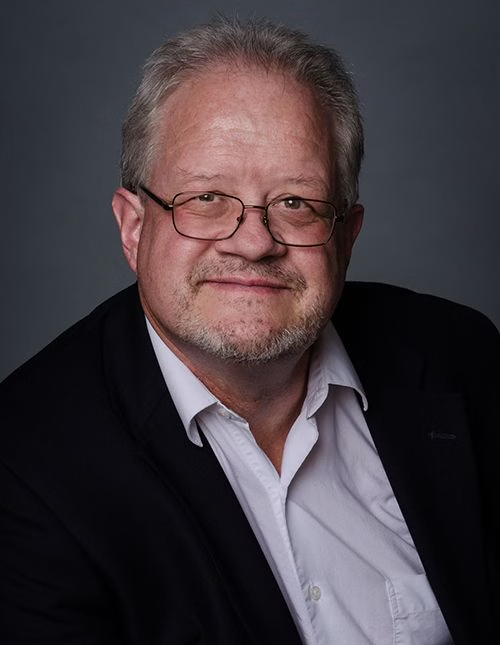 | Heather Salg
SGR, LLC
Developing Strategies to address Fear v. GEICO decision Presenters will discuss the importance of understanding what the Fear case did, and did not say; how to use representations or potentially, misrepresentations, about that case made by insured's advocates to carriers; discovery implications; motions implications and jury instruction implications.
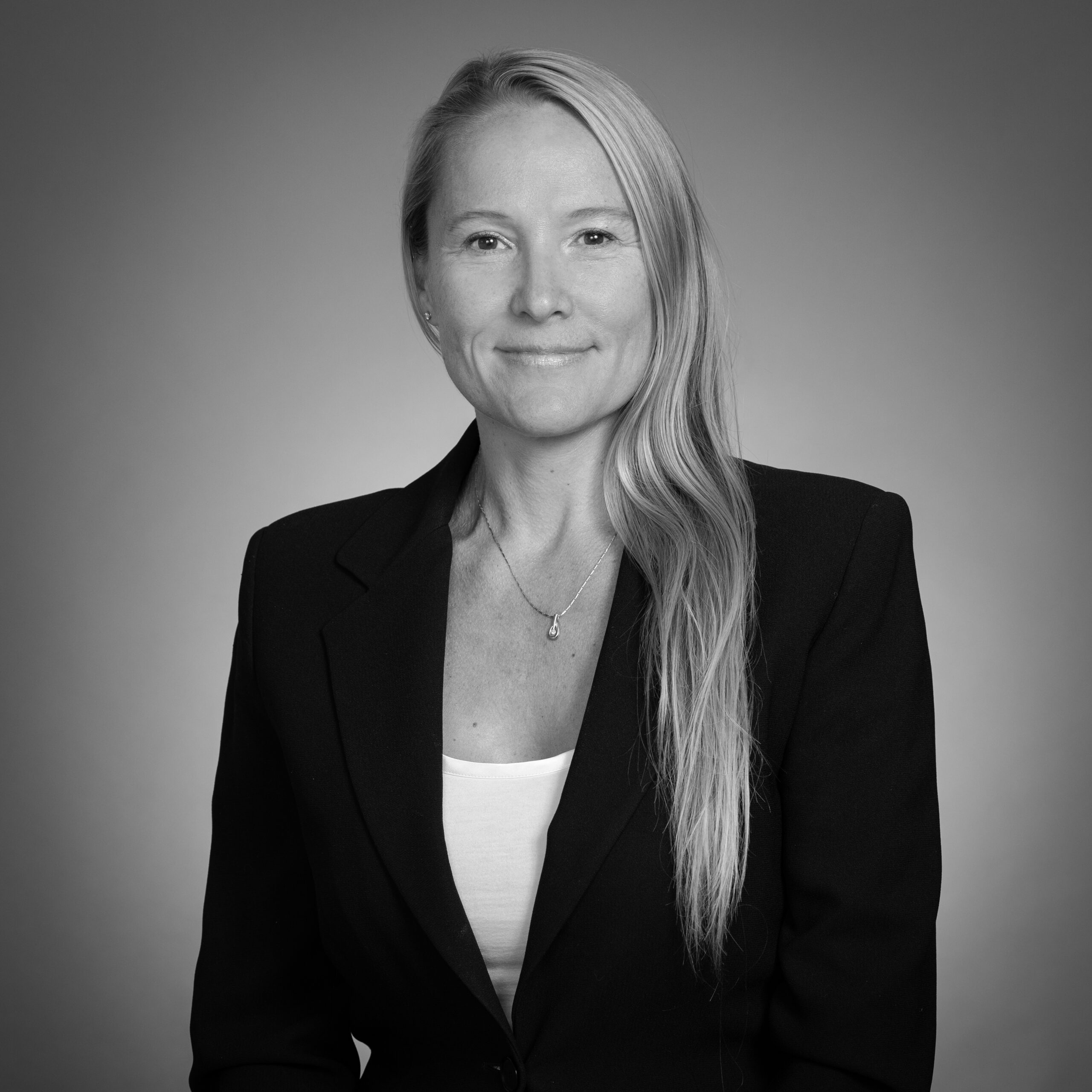 | Evan Stephenson
Spencer Fane
Developing Strategies to address Fear v. GEICO decision Presenters will discuss the importance of understanding what the Fear case did, and did not say; how to use representations or potentially, misrepresentations, about that case made by insured's advocates to carriers; discovery implications; motions implications and jury instruction implications.
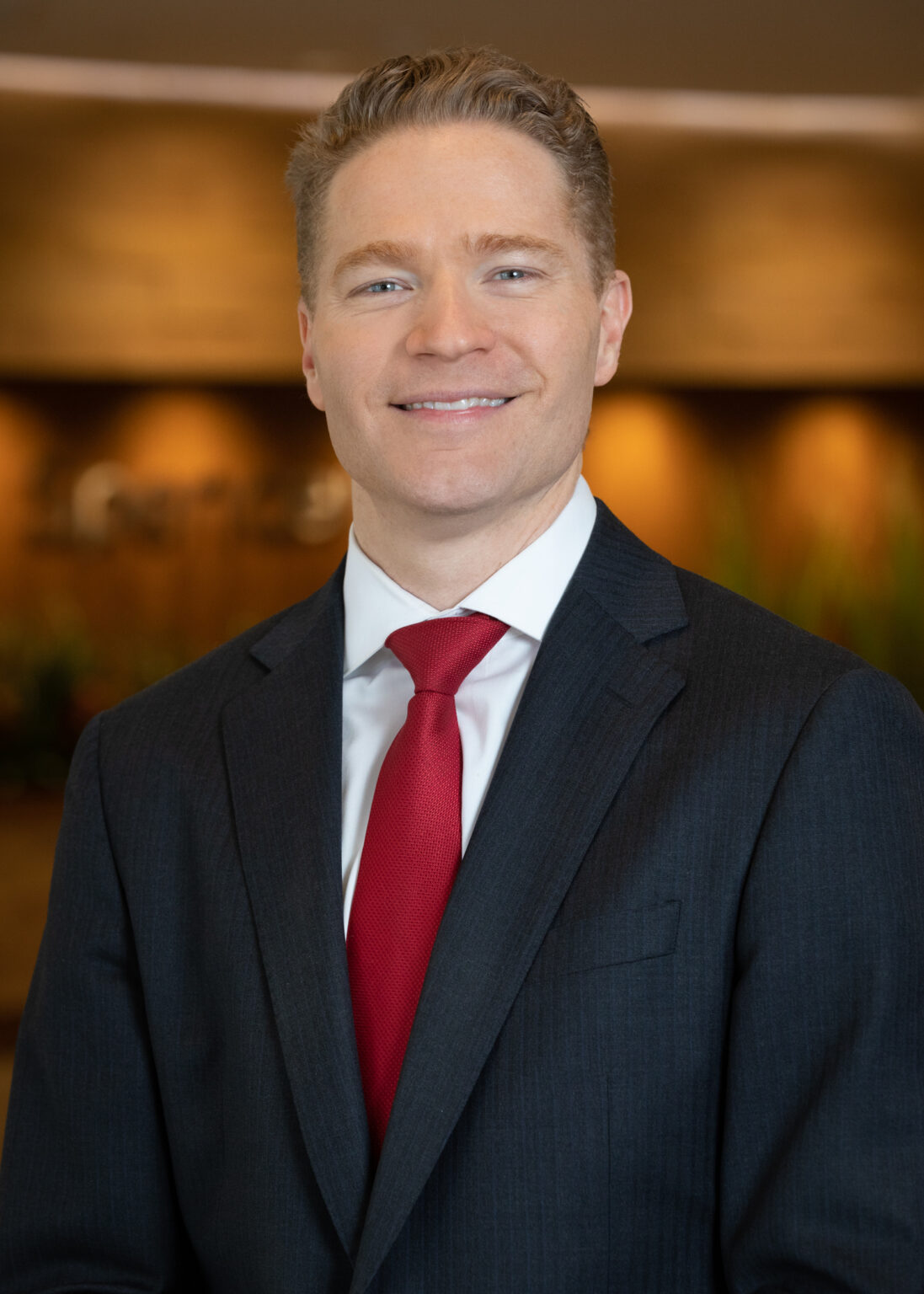 | Winslow Taylor
Campbell, Wagner and Frazier
Bad Faith Deposition Case Study: Preparing and Defending against Common Scenarios in Adjuster Depositions An interactive session featuring a mock deposition on claims handling under the hypothetical setting of alleged 3rd party bad faith for failure to settle within limits.
Overview
• Bad Faith Deposition Preparation
• Fact Pattern
• Mock Bad Faith Deposition
o Case Study I: Non-Fact Specific “Reptile/Edge” Questions
o Case Study II: Claims Manuals, Guidelines, Procedures, Compliance, Training and Experience
o Case Study III: Incomplete Investigation
o Case Study IV: Evaluation of Liability and Damages
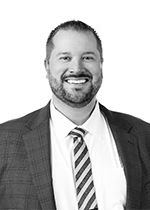 | Theresa Vogel
CV
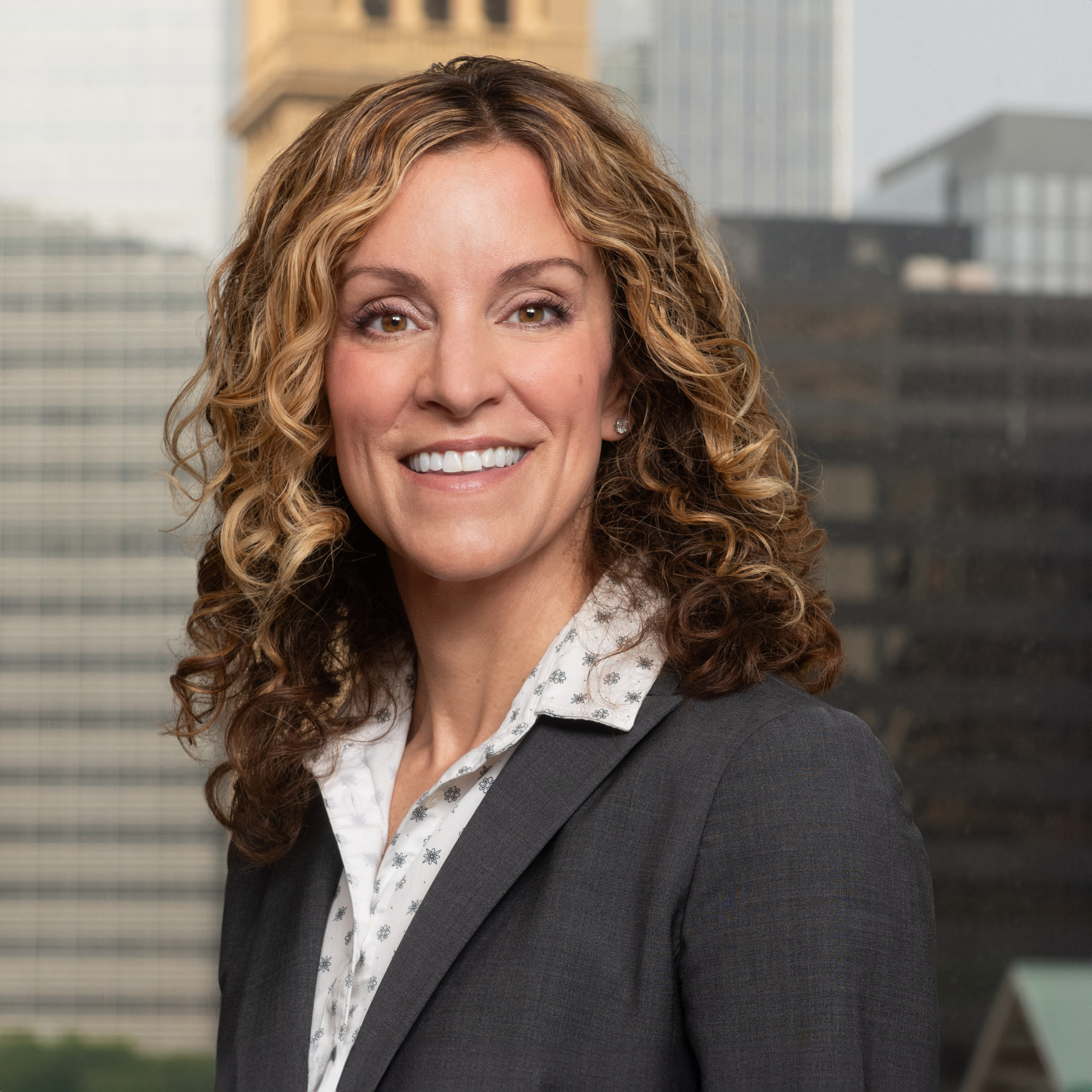 | Theresa A. Vogel
Hall & Evans
CV
Immigration Compliance for Employers In a rapidly changing U.S. immigration enforcement landscape, it is more important than ever for employers and their attorneys to understand immigration compliance requirements. This session will cover current trends in immigration compliance and enforcement for employers and tips to help you or your clients prepare for I-9 audits and other immigration-related actions in the workplace.
 | Katelyn Werner
Quintairos, Prieto, Wood & Boyer, P.A.
CV
Bad Faith Deposition Case Study: Preparing and Defending against Common Scenarios in Adjuster Depositions An interactive session featuring a mock deposition on claims handling under the hypothetical setting of alleged 3rd party bad faith for failure to settle within limits.
Overview
• Bad Faith Deposition Preparation
• Fact Pattern
• Mock Bad Faith Deposition
o Case Study I: Non-Fact Specific “Reptile/Edge” Questions
o Case Study II: Claims Manuals, Guidelines, Procedures, Compliance, Training and Experience
o Case Study III: Incomplete Investigation
o Case Study IV: Evaluation of Liability and Damages
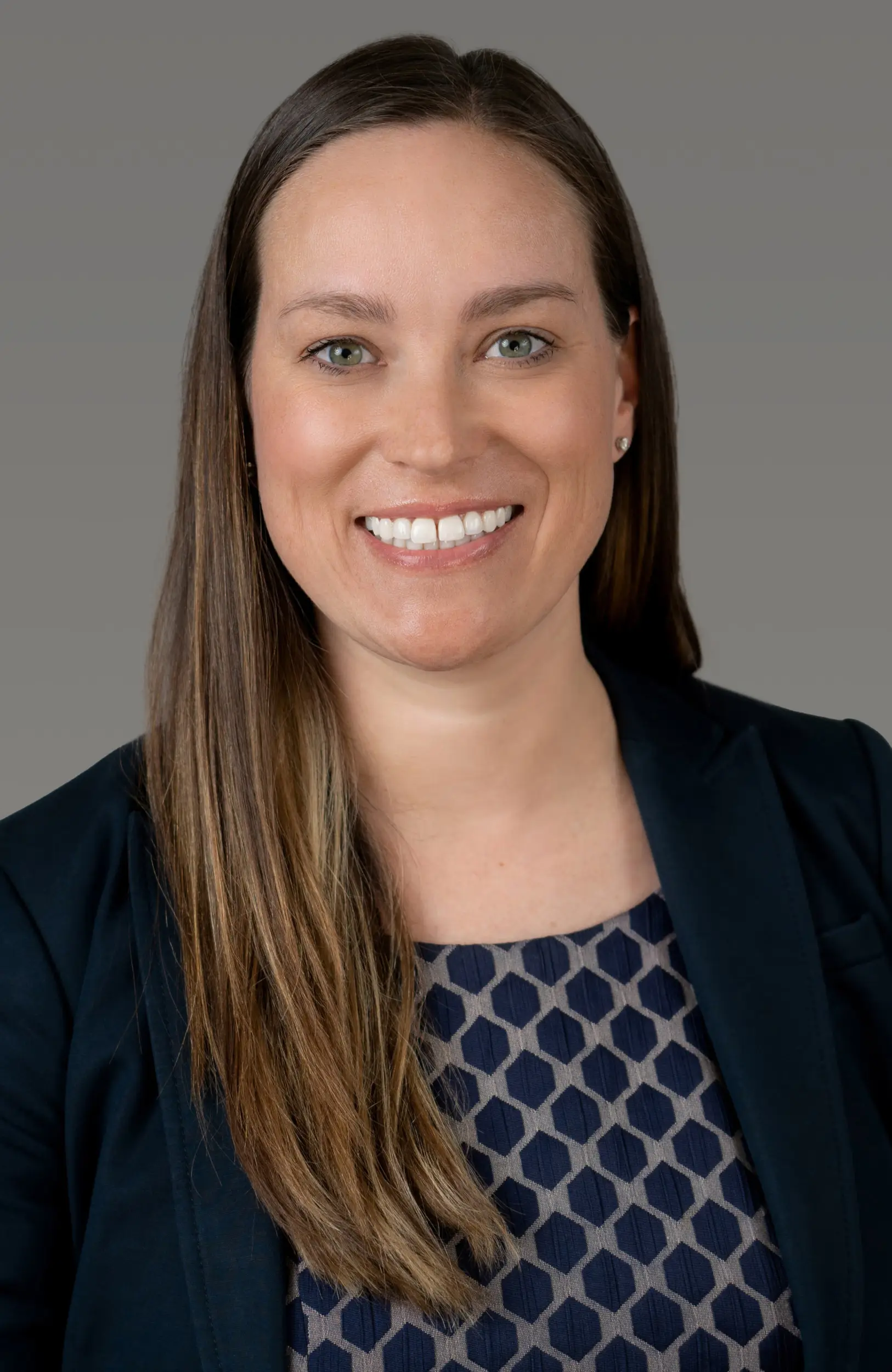 | Brenda Wineapple
Keeping the Faith: God, Democracy, and the Trial that Riveted America Wineapple is an award-winning historian. Her work is widely acclaimed and instantly accessible. She begins with a question she feels hasn’t been answered in a way that satisfies her – or hasn’t been asked at all. Much of her work focuses on events and figures from our past, contextualizing them in our present. This is true of her recent book, “KEEPING THE FAITH: God, Democracy, and the Trial that Riveted America,” about the infamous Scopes monkey trial. That trial, often called “the trial of the century,” was not just a courtroom battle but a flashpoint in a broader cultural war – about science, religion, and education - that continues to reverberate in America today. Brenda Wineapple Book Signing 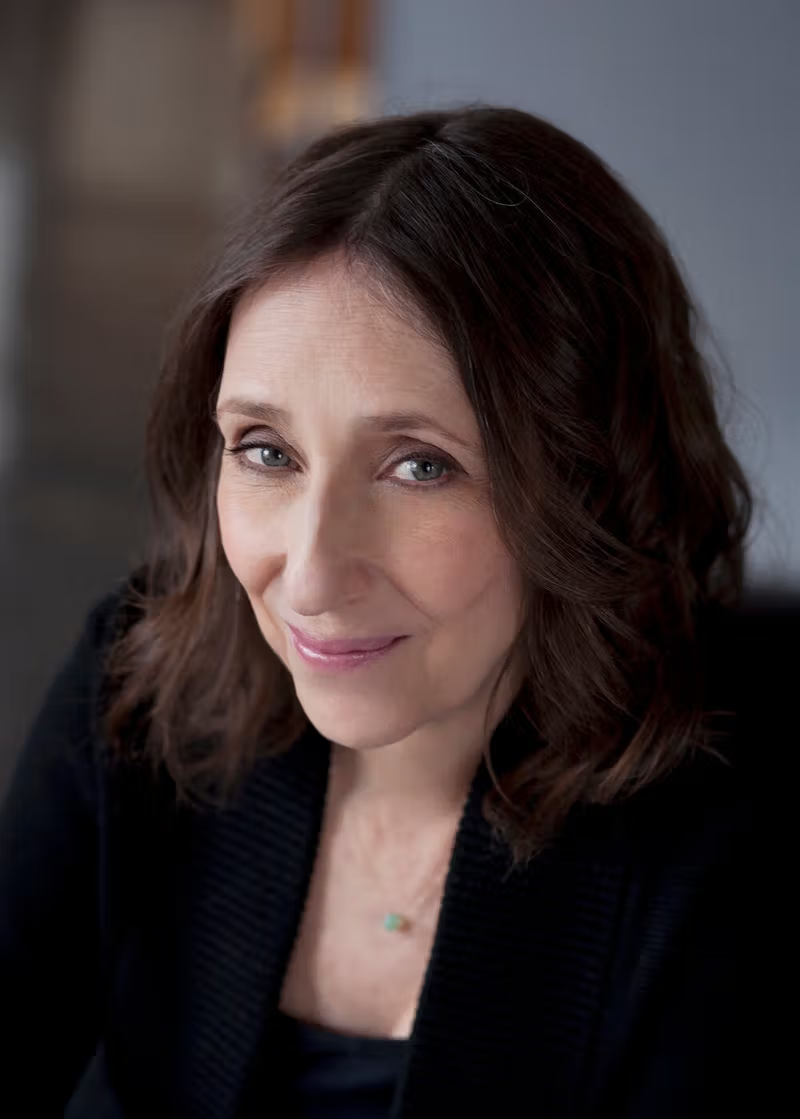 |
|
